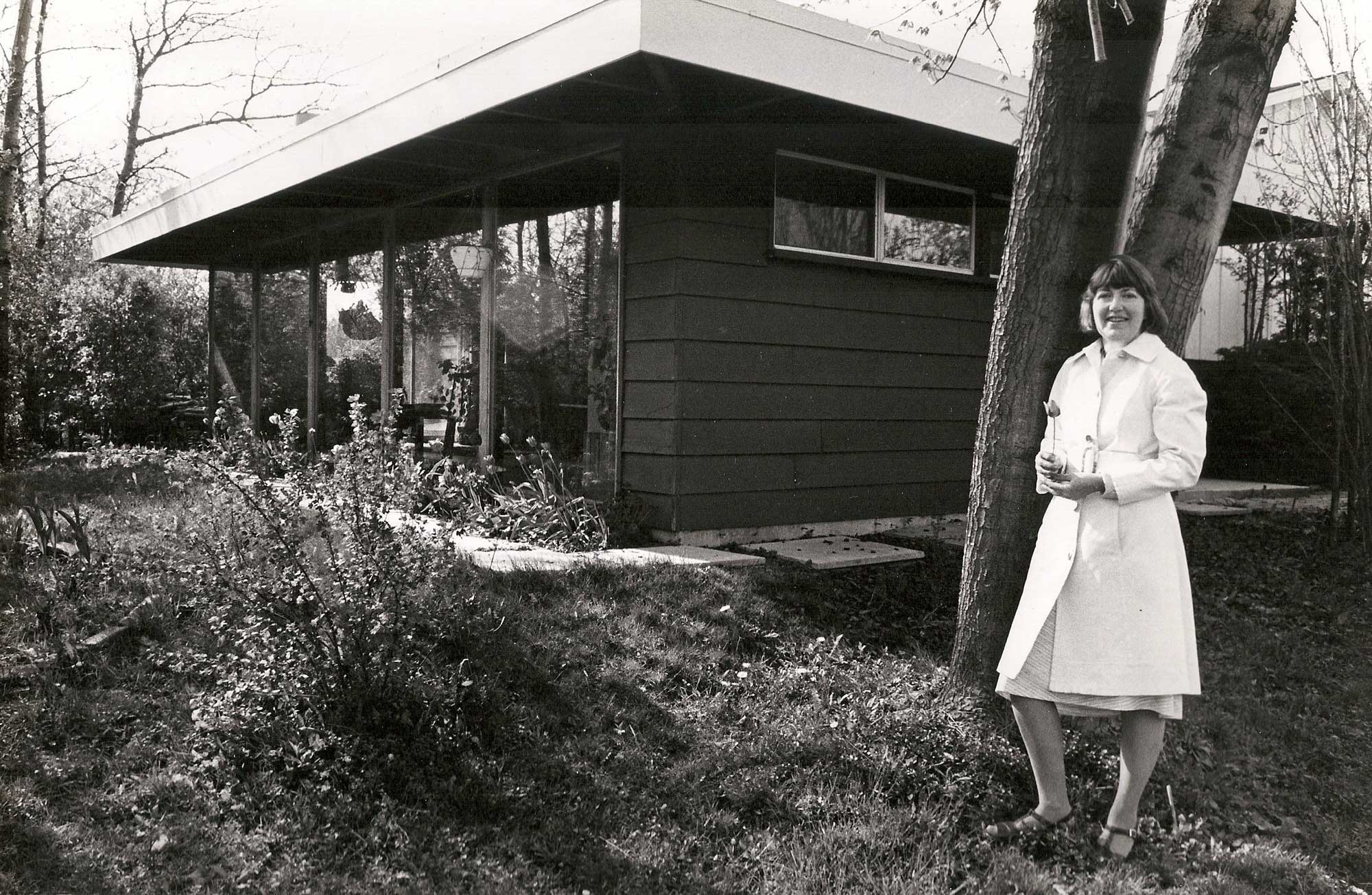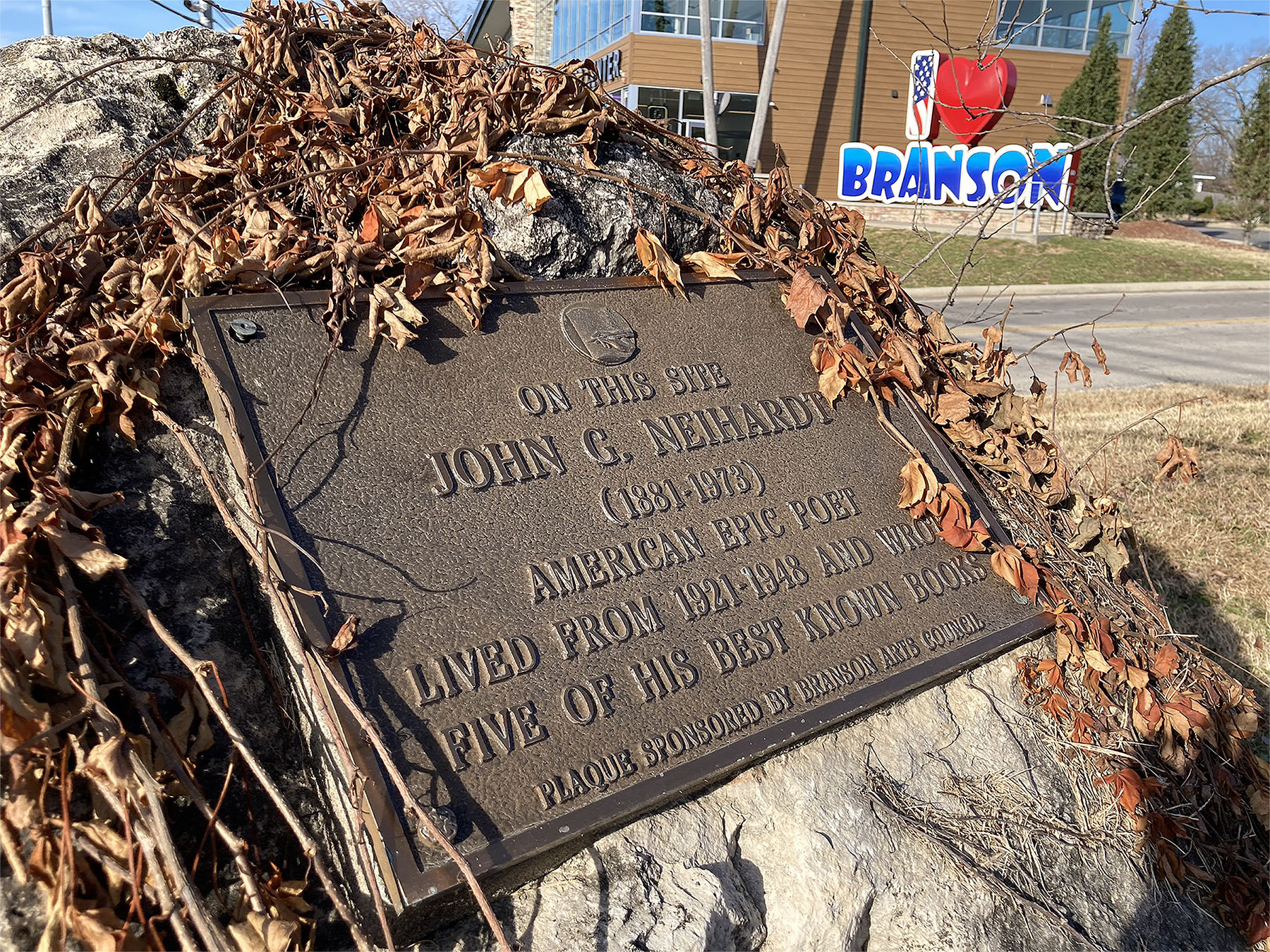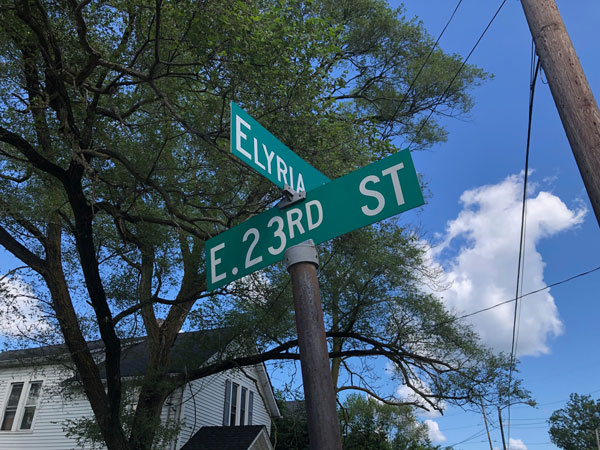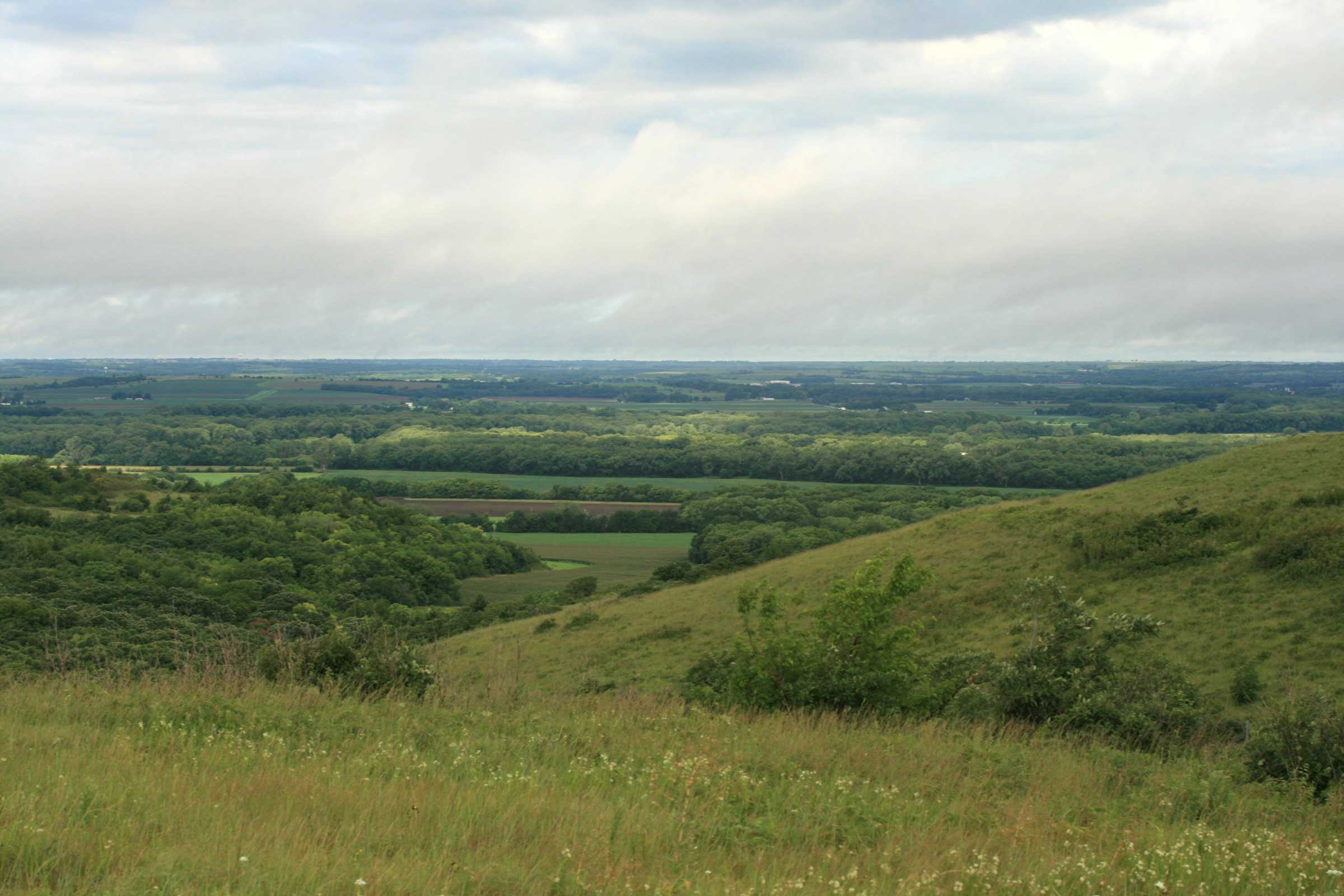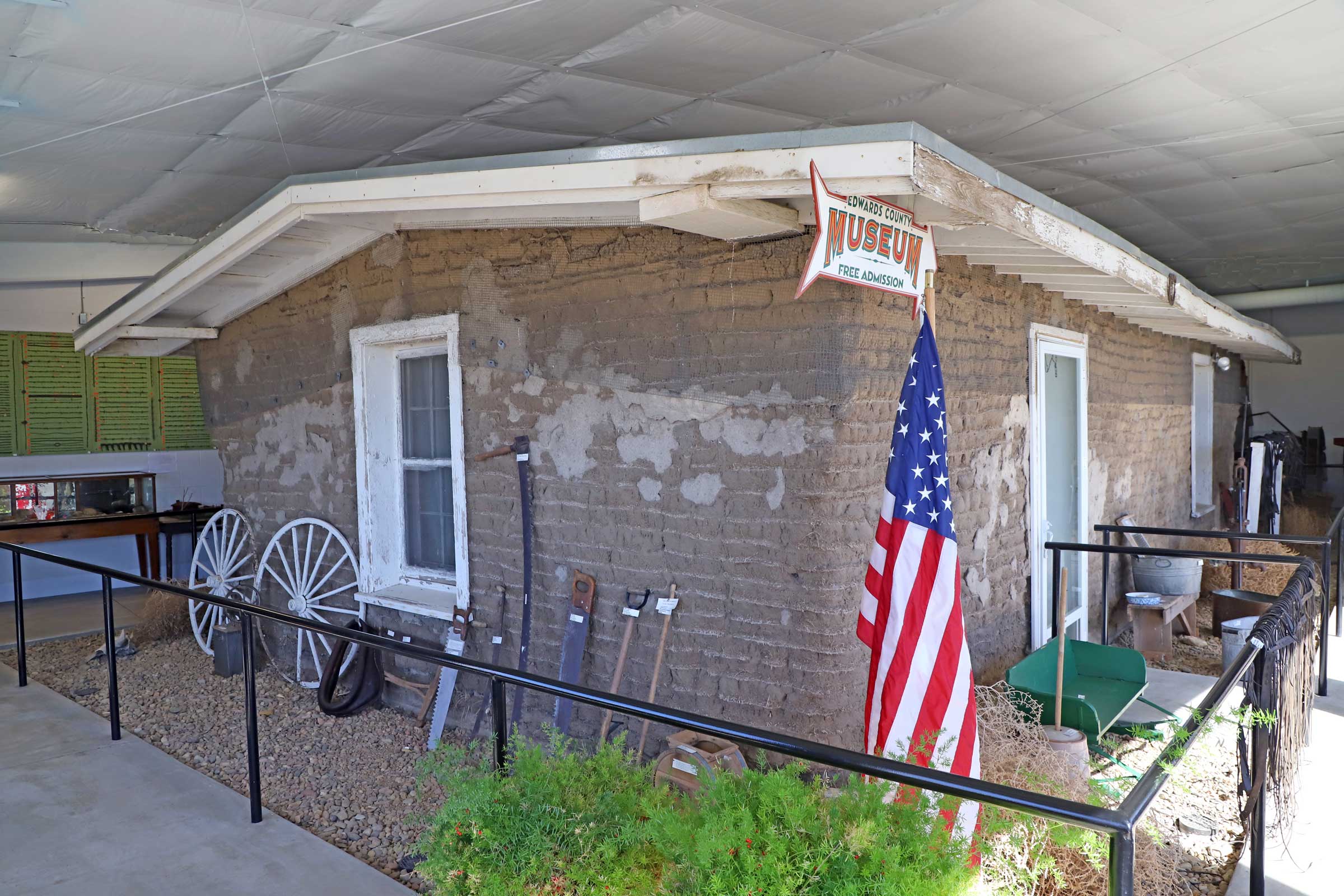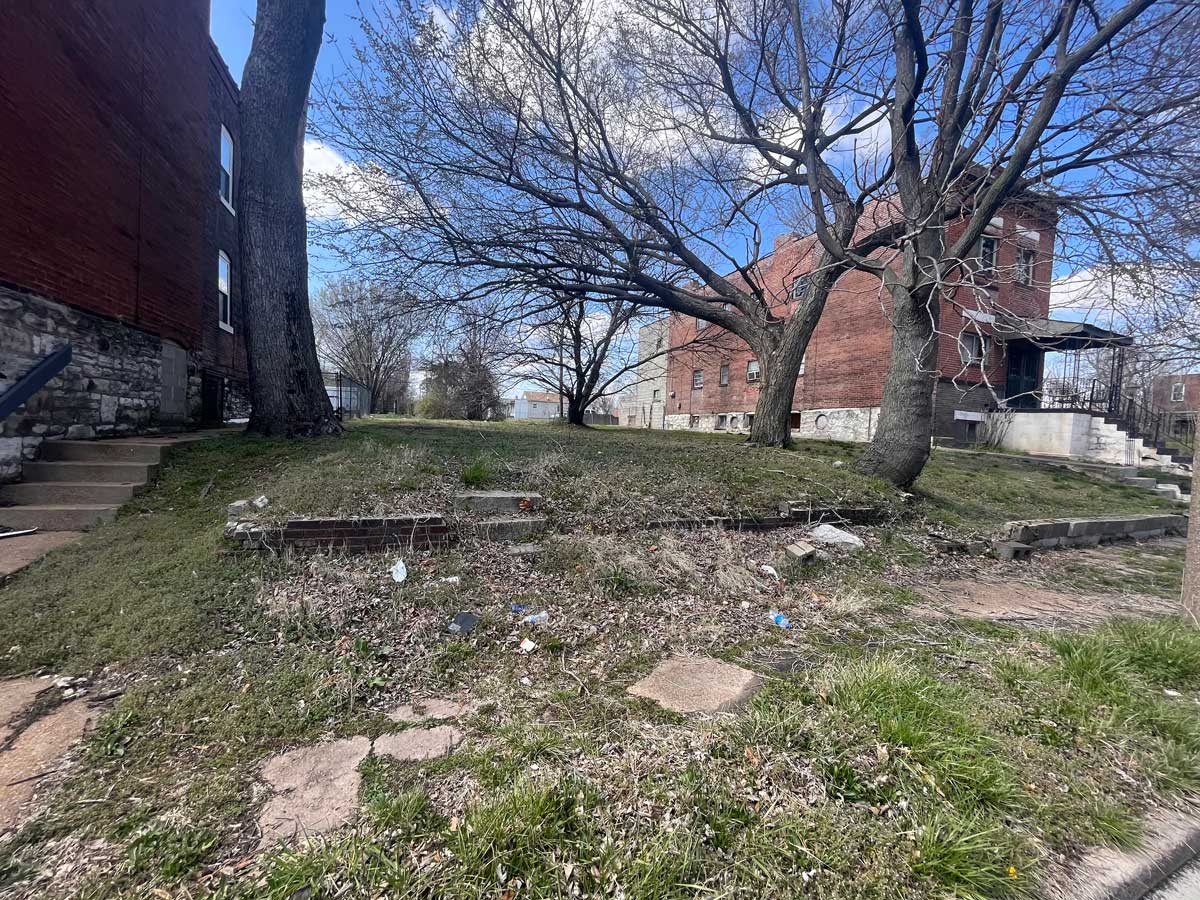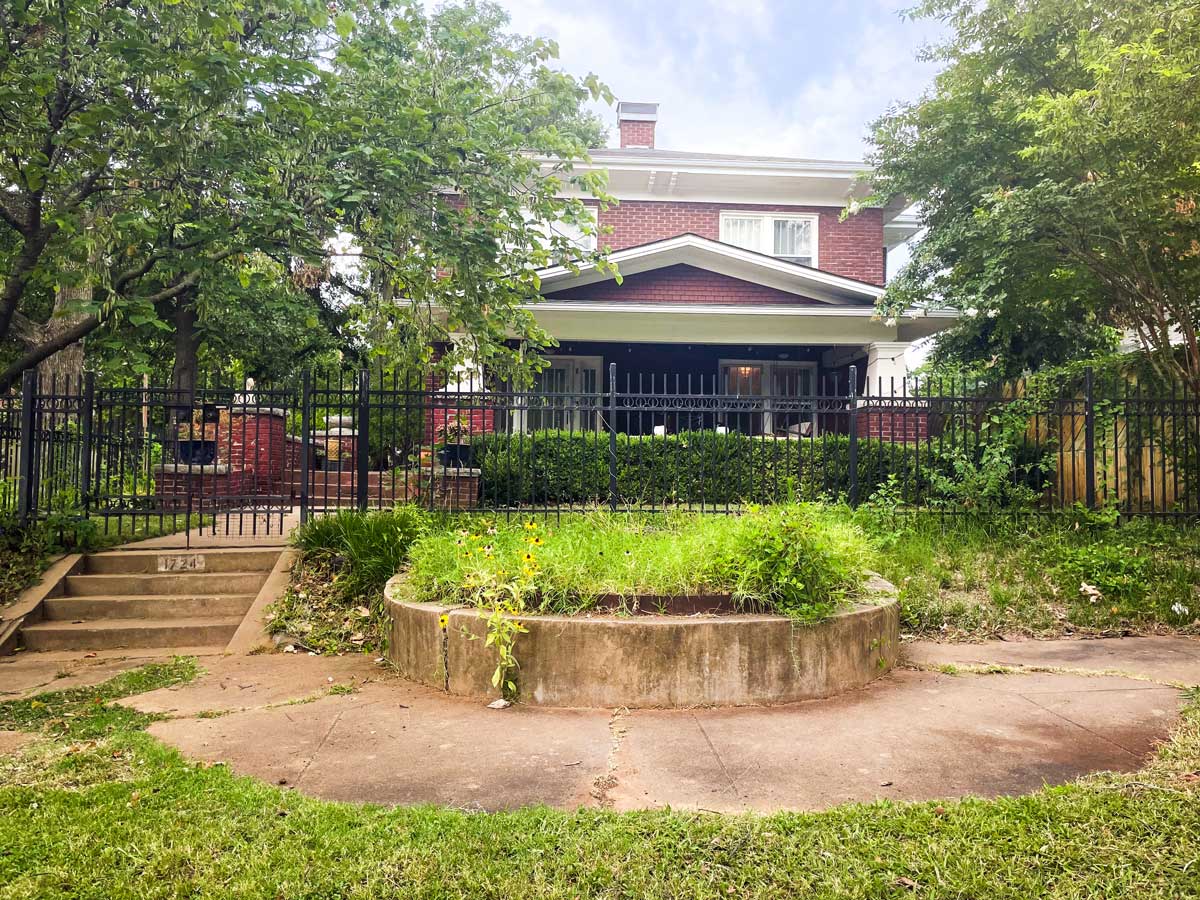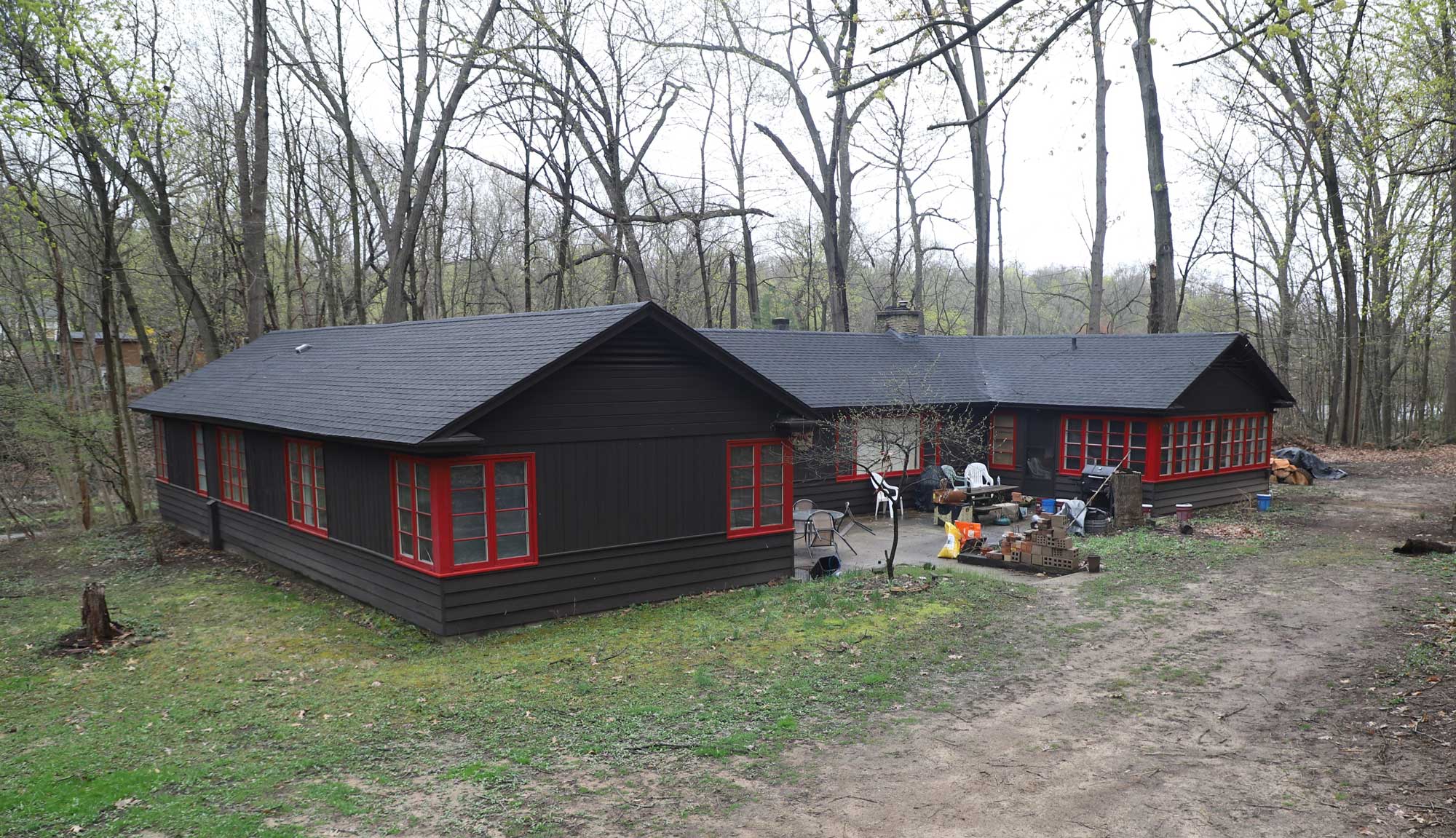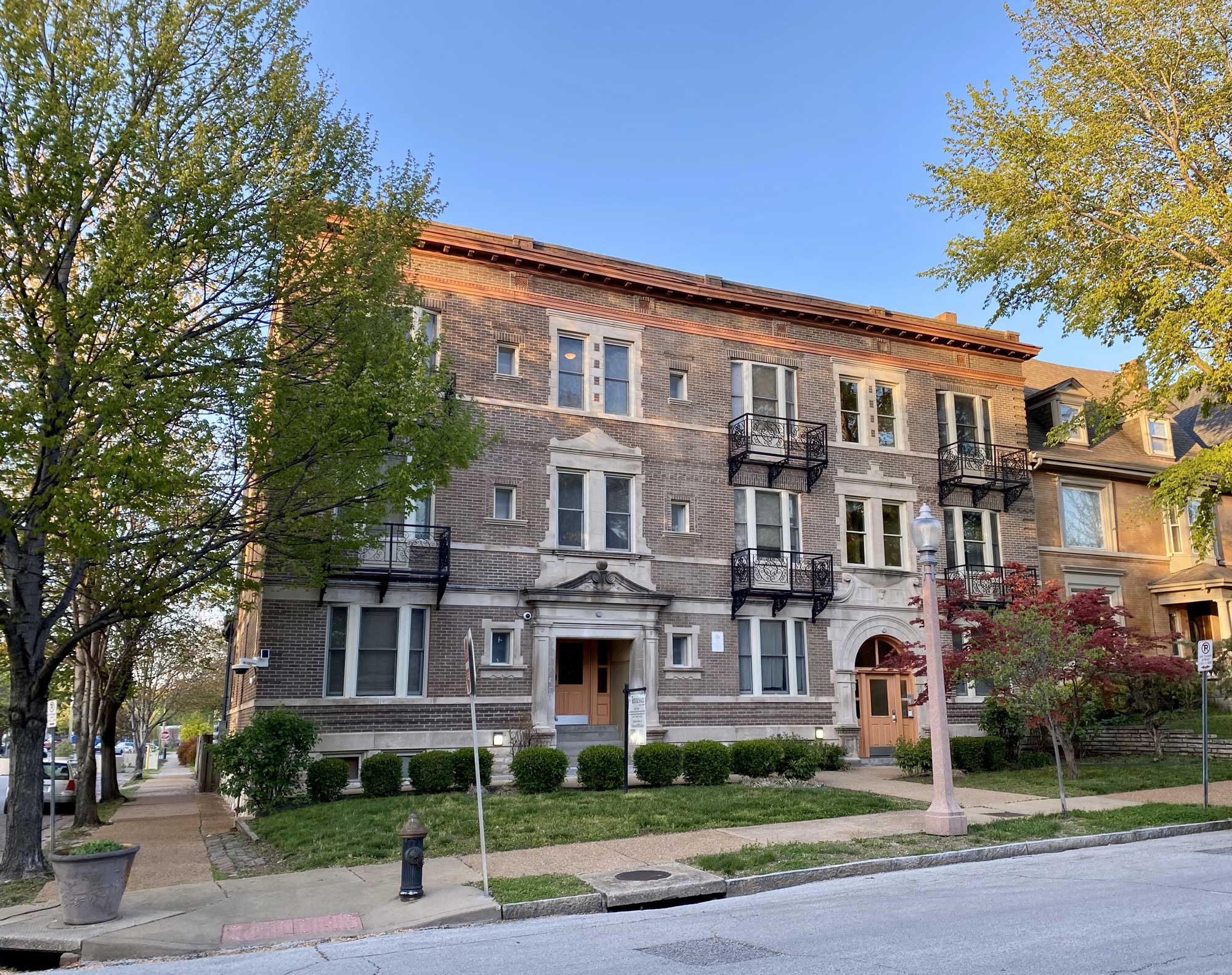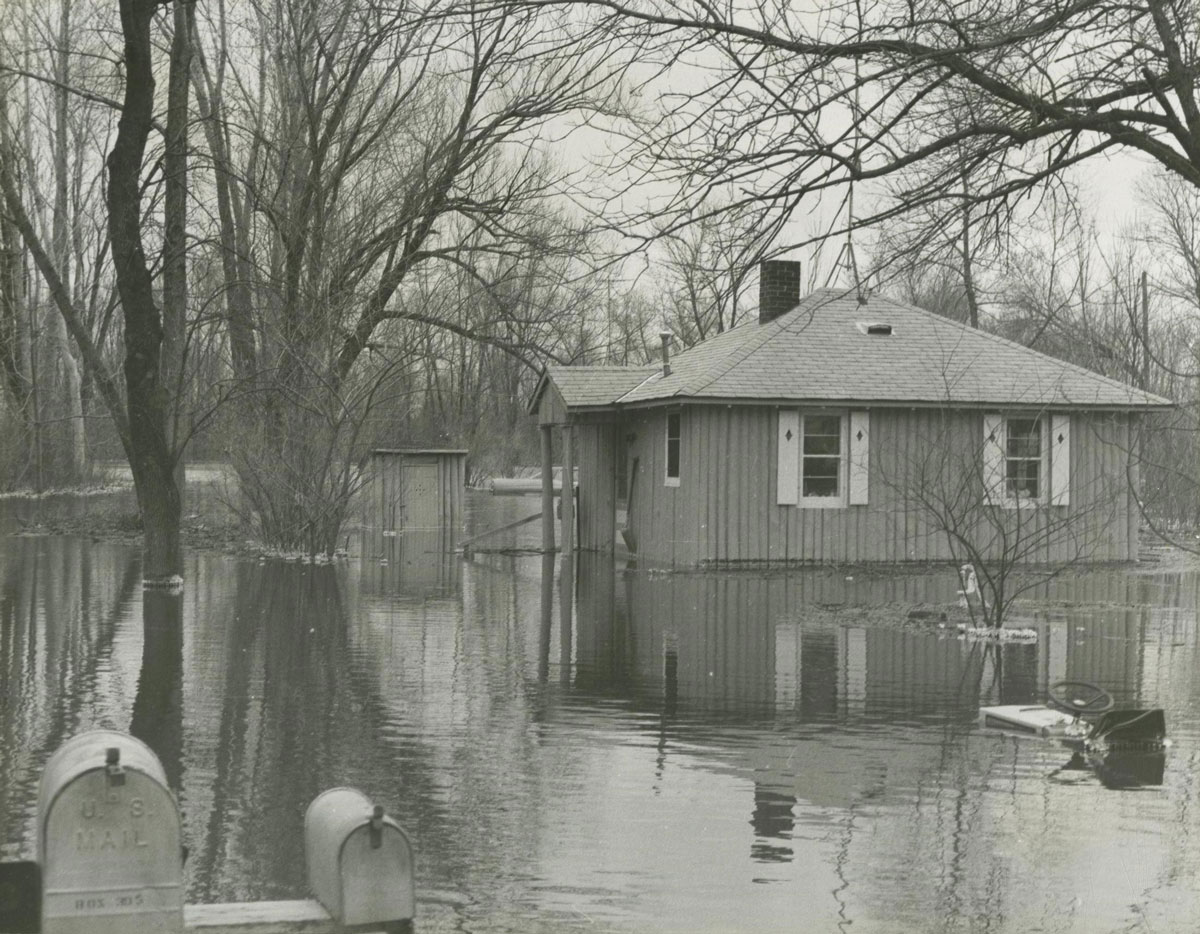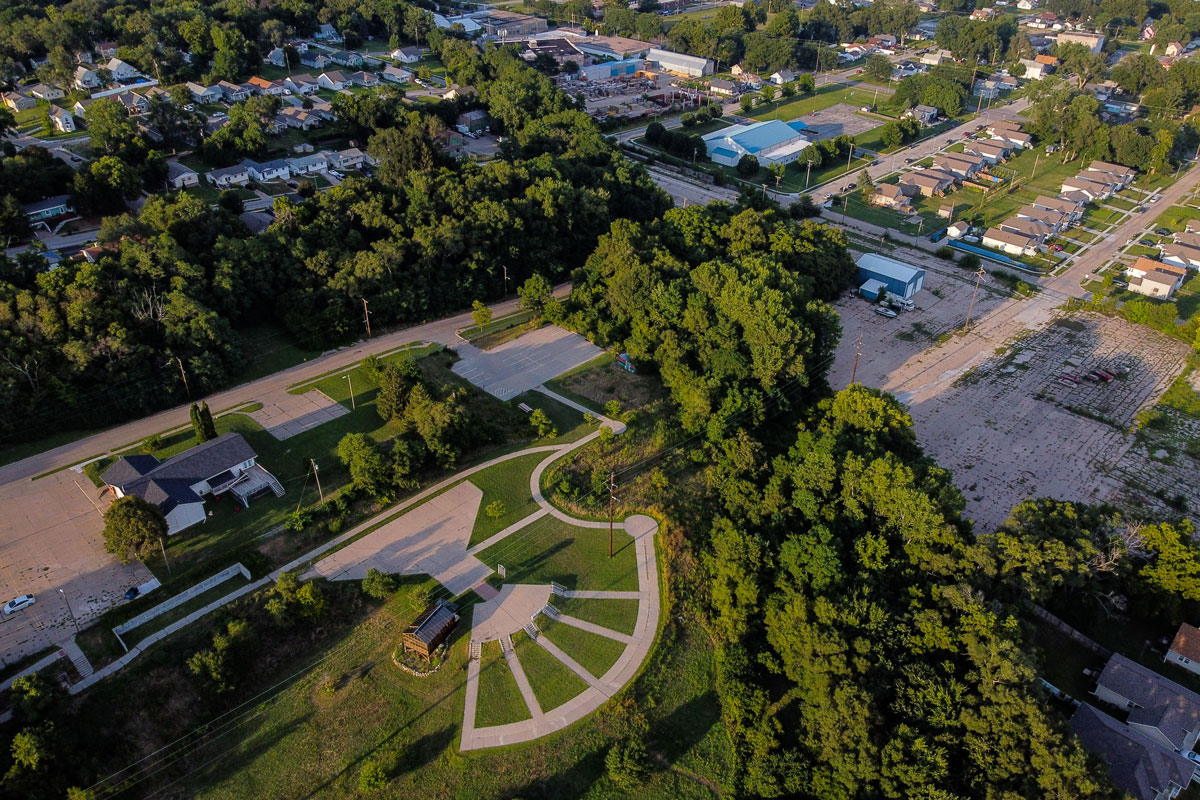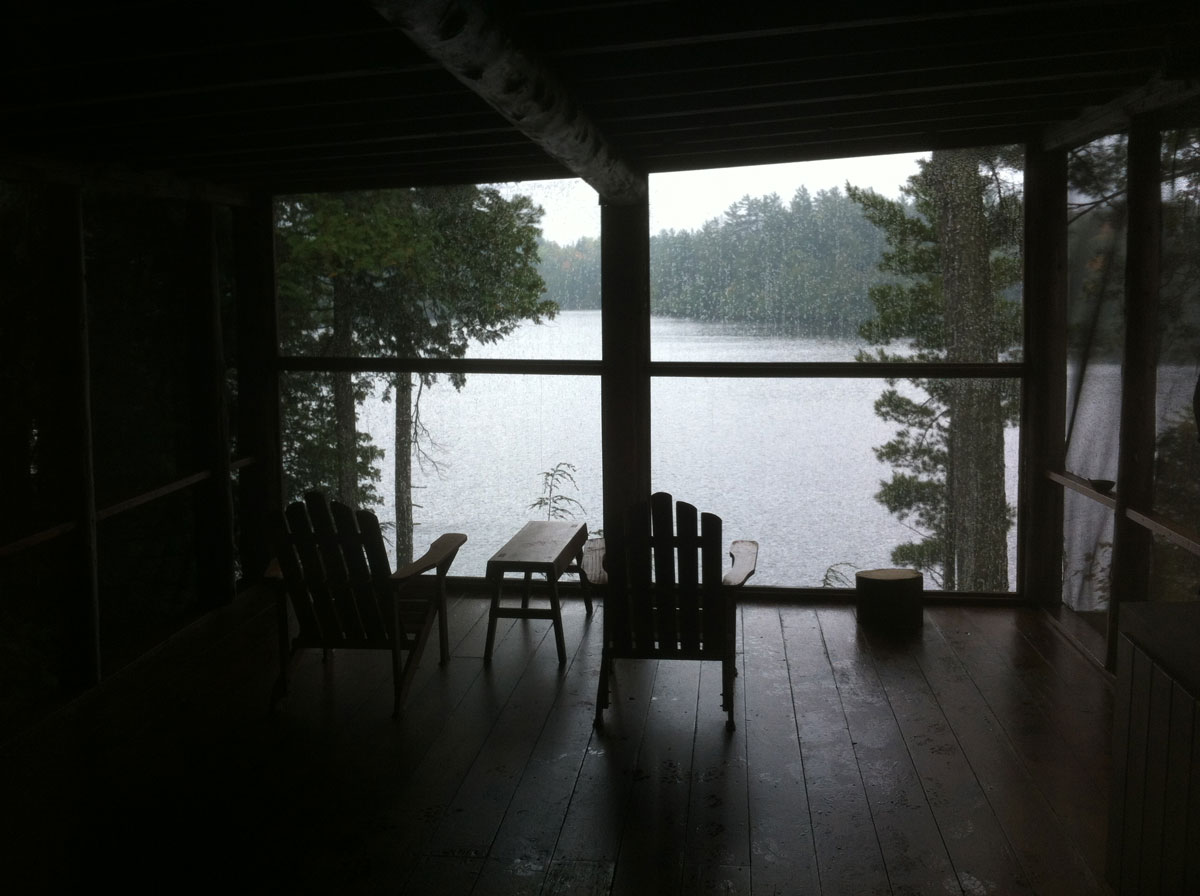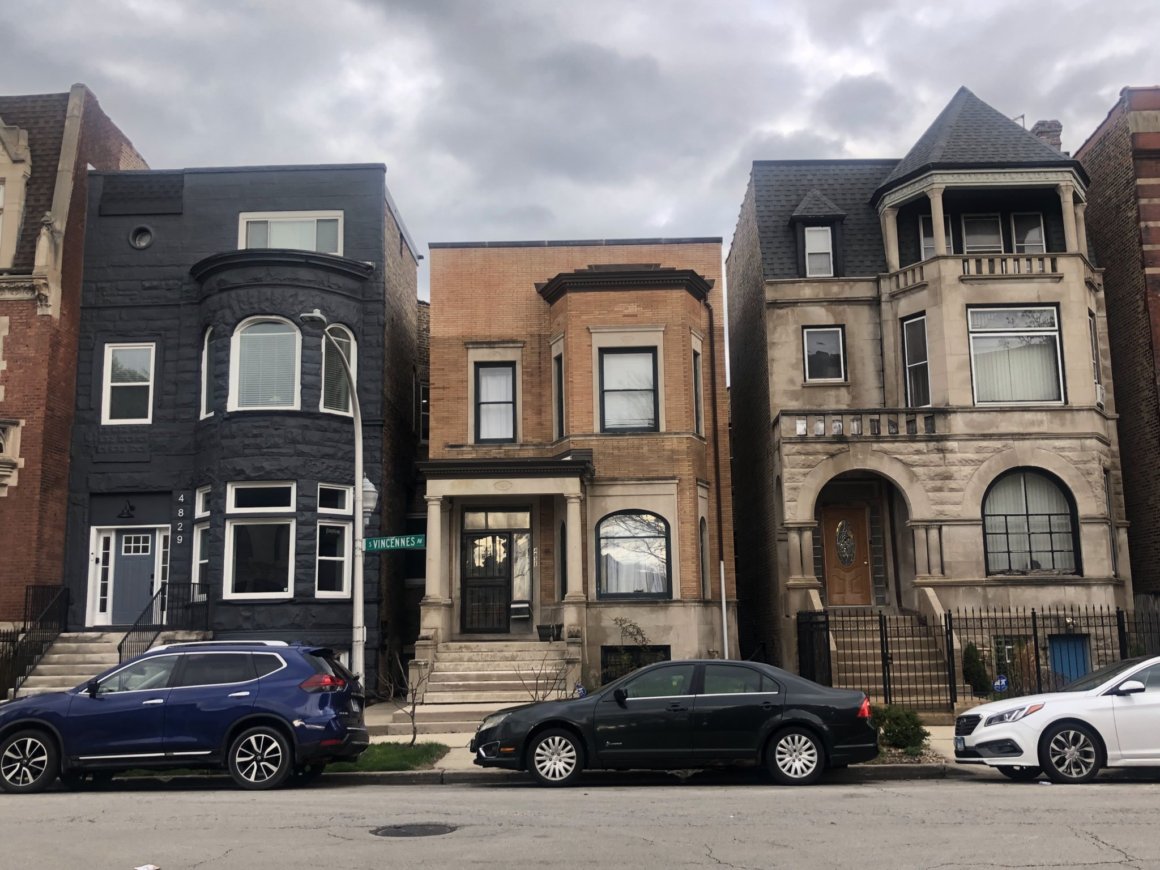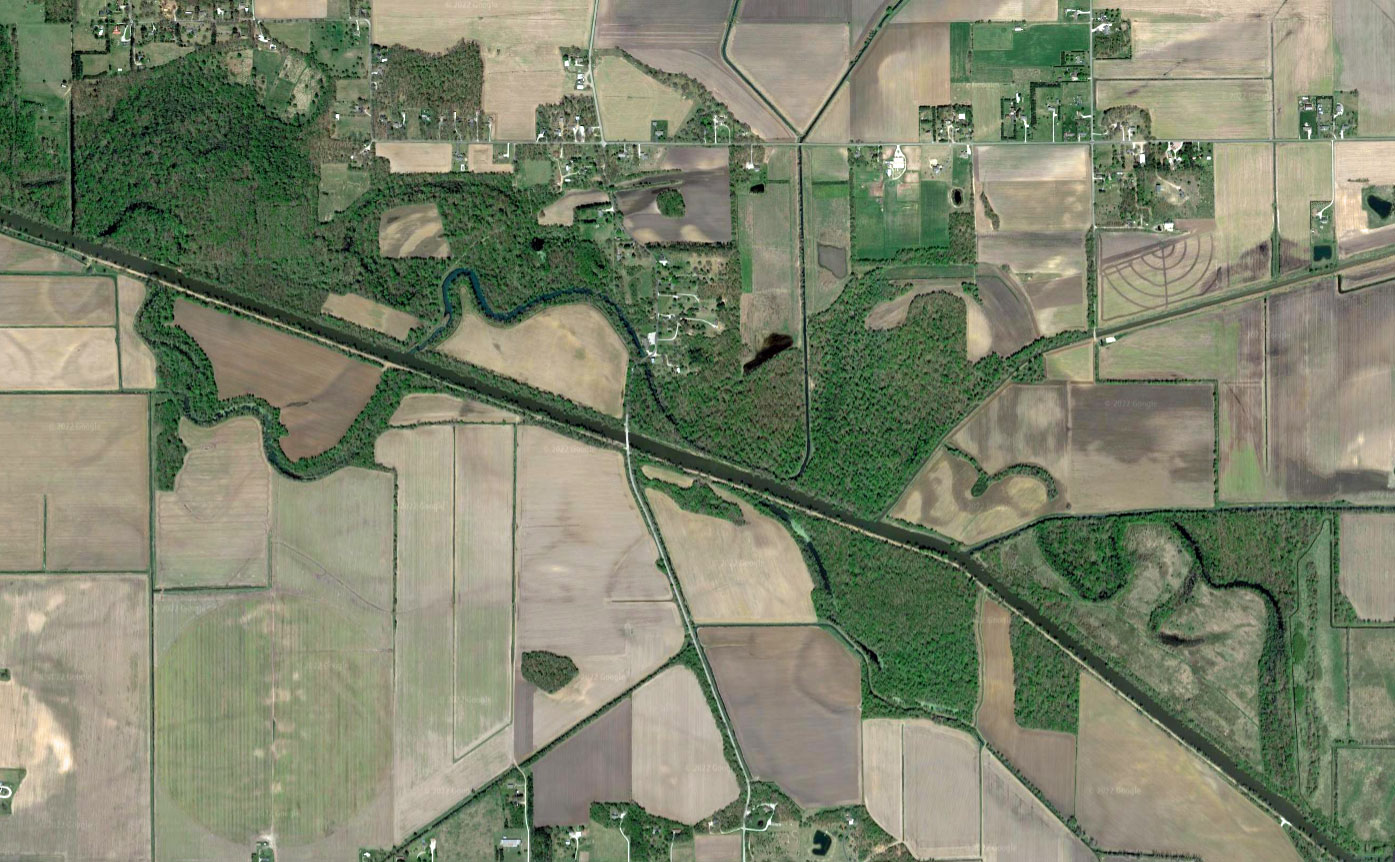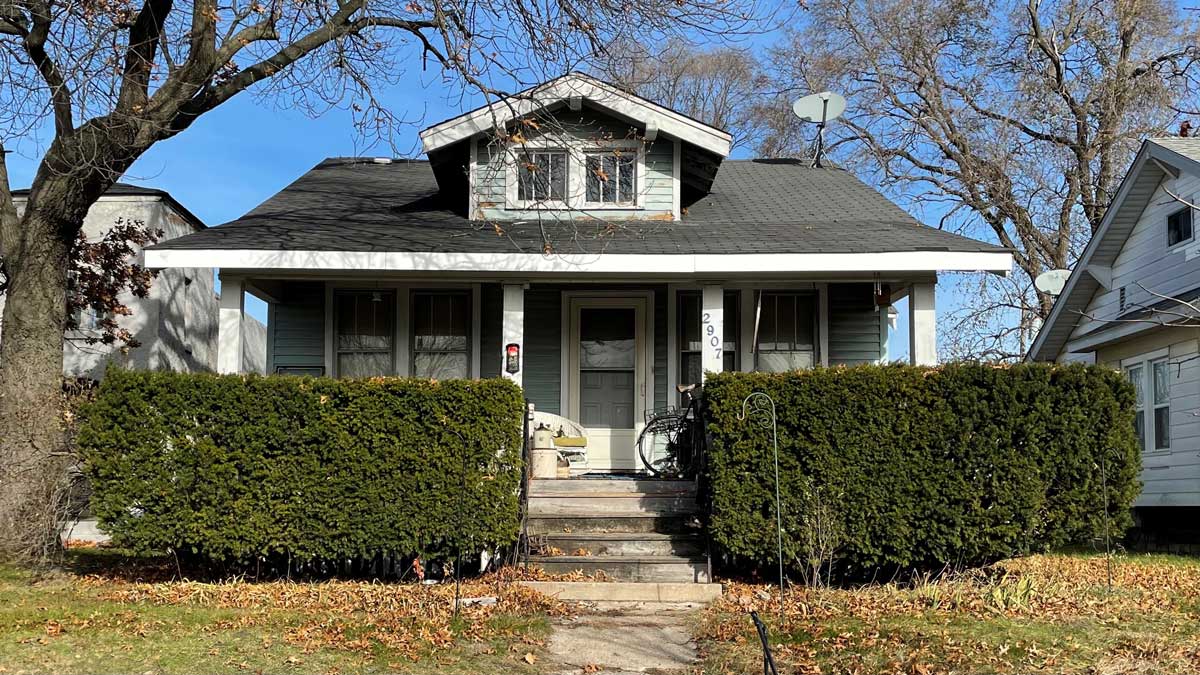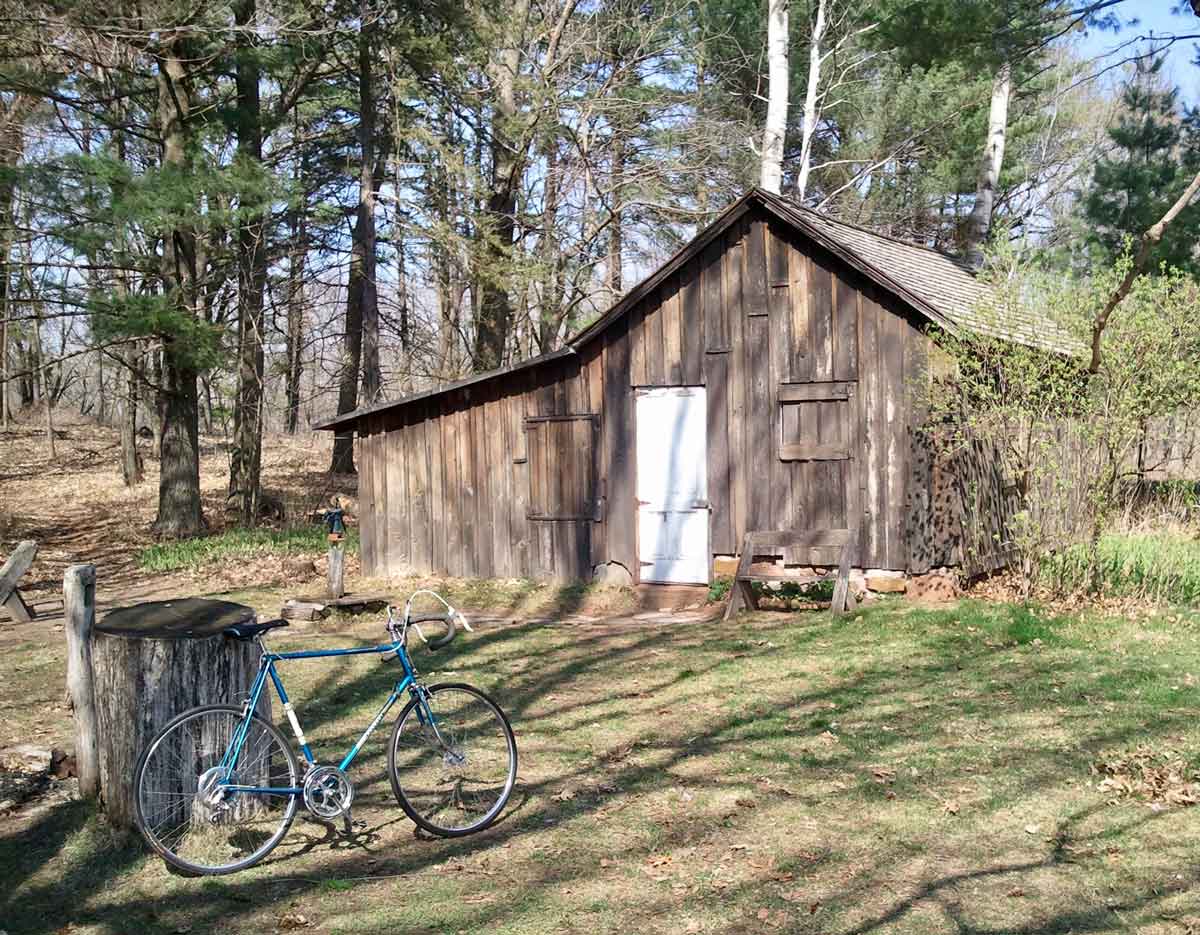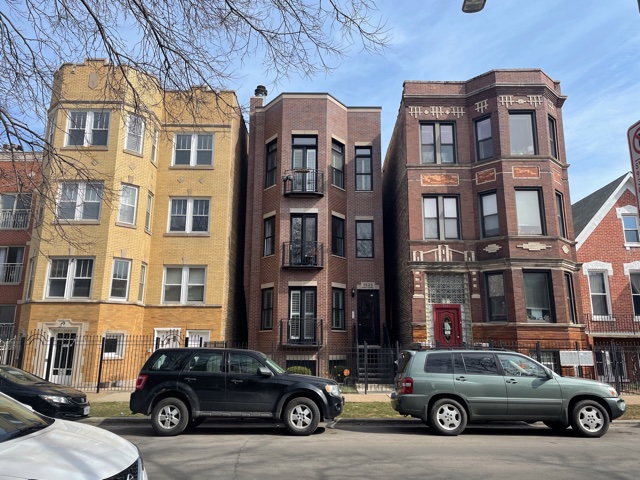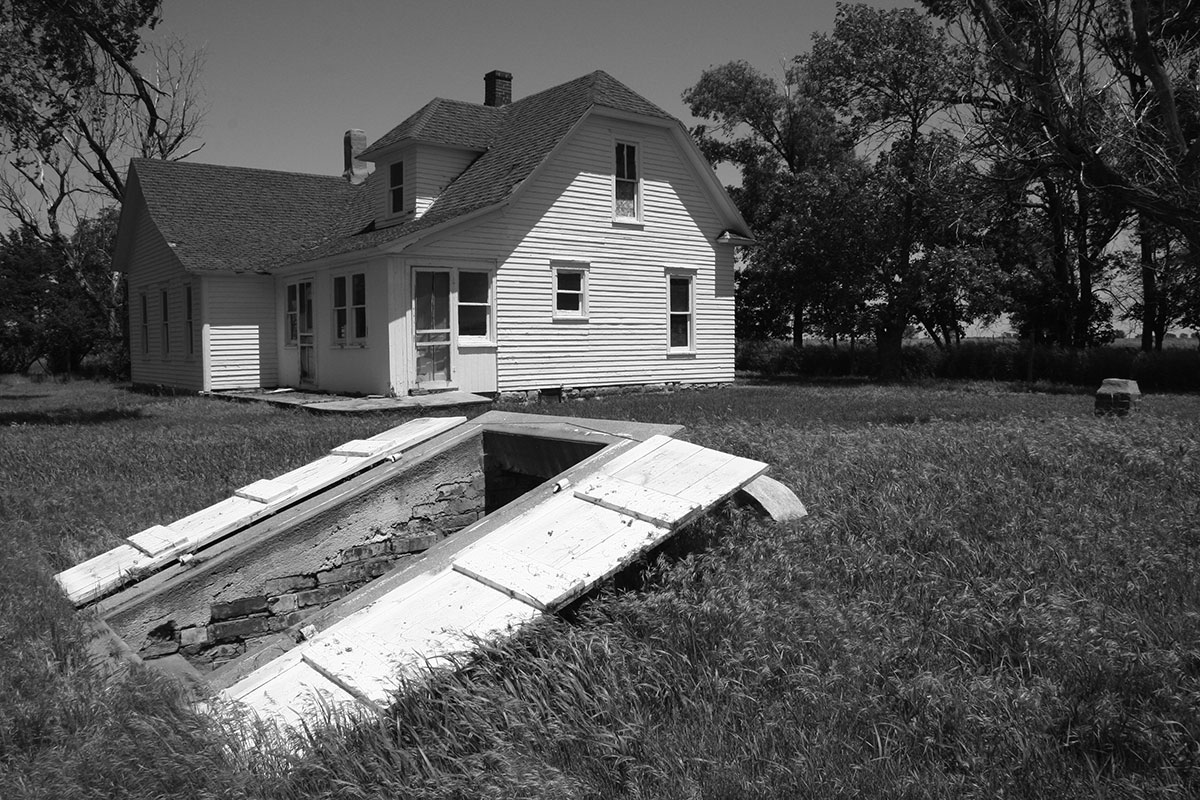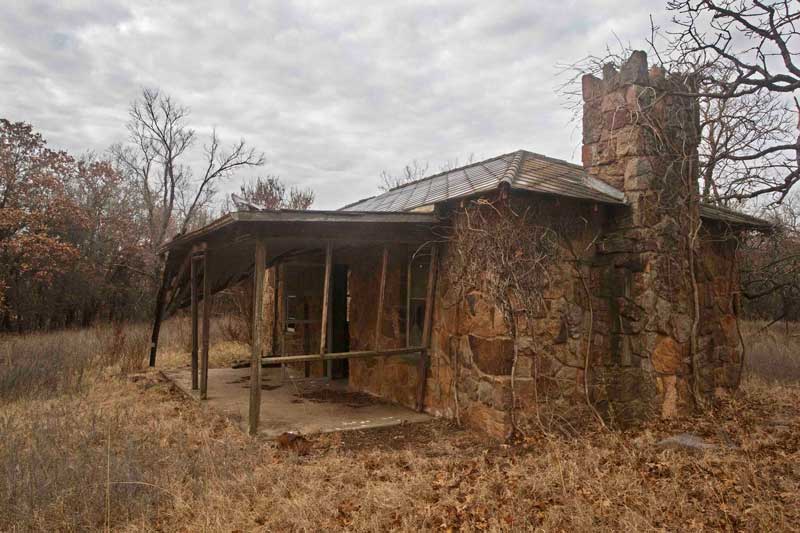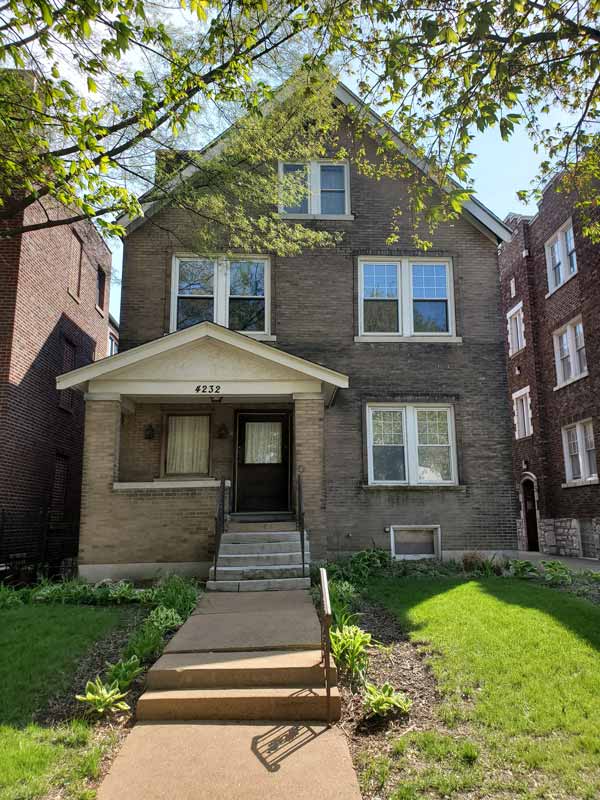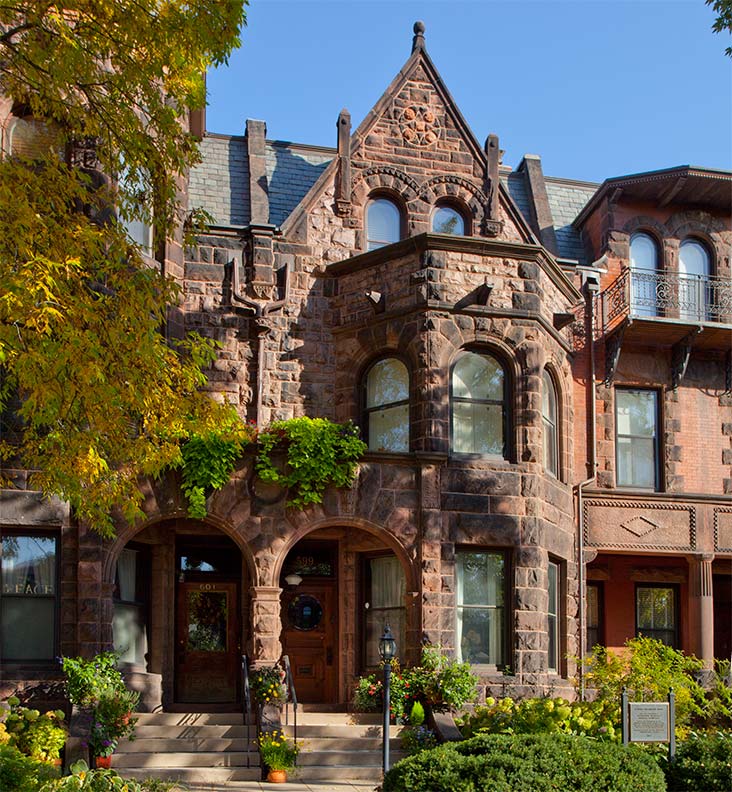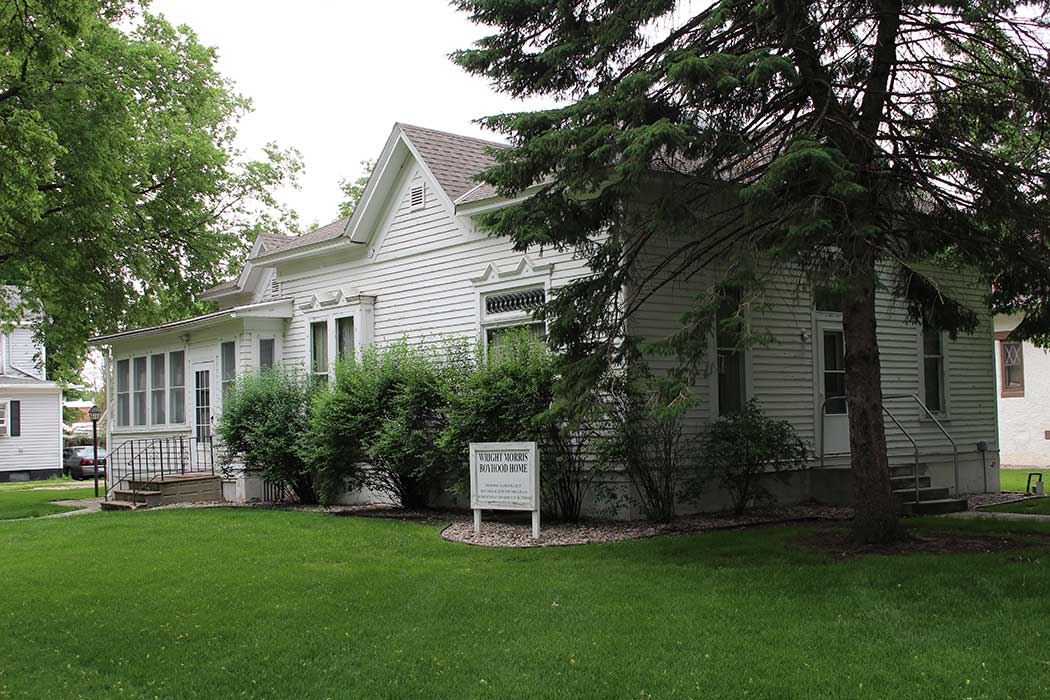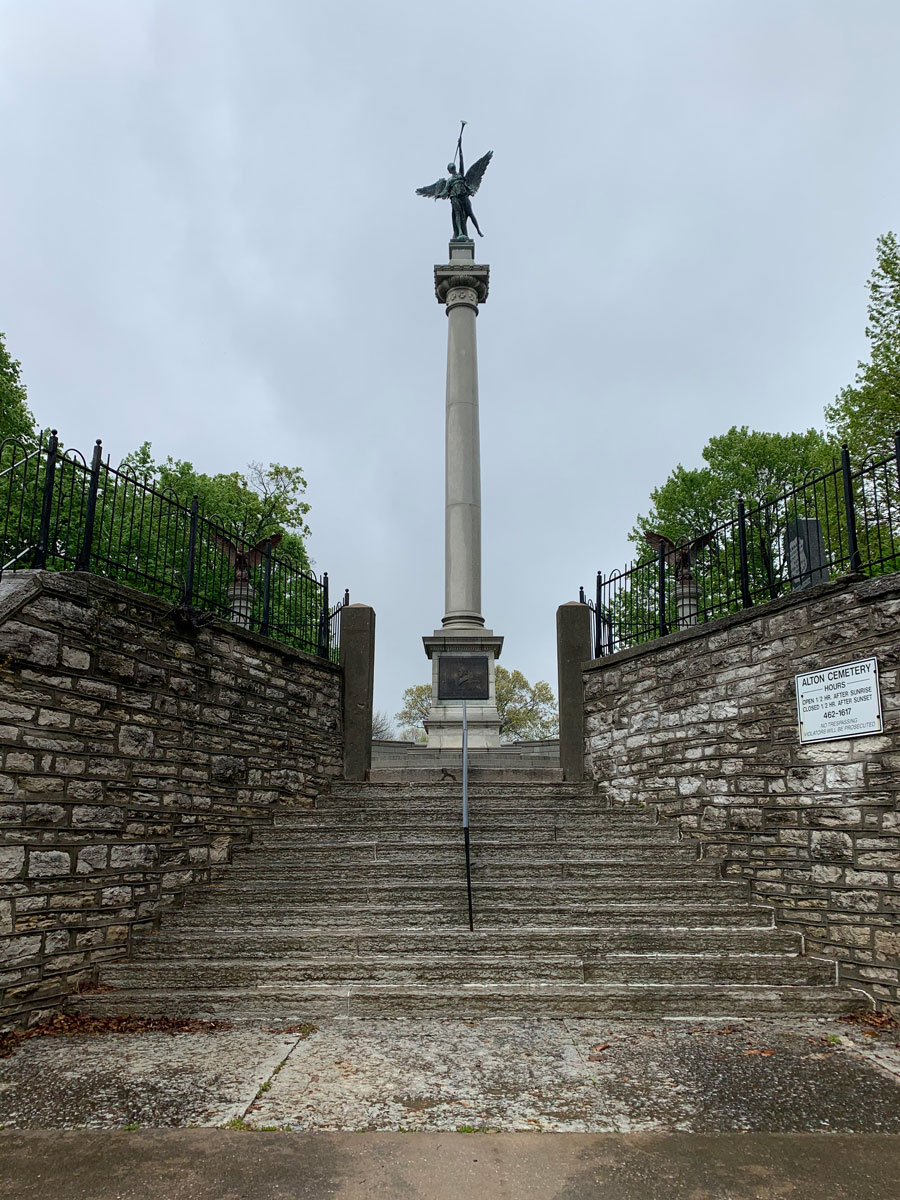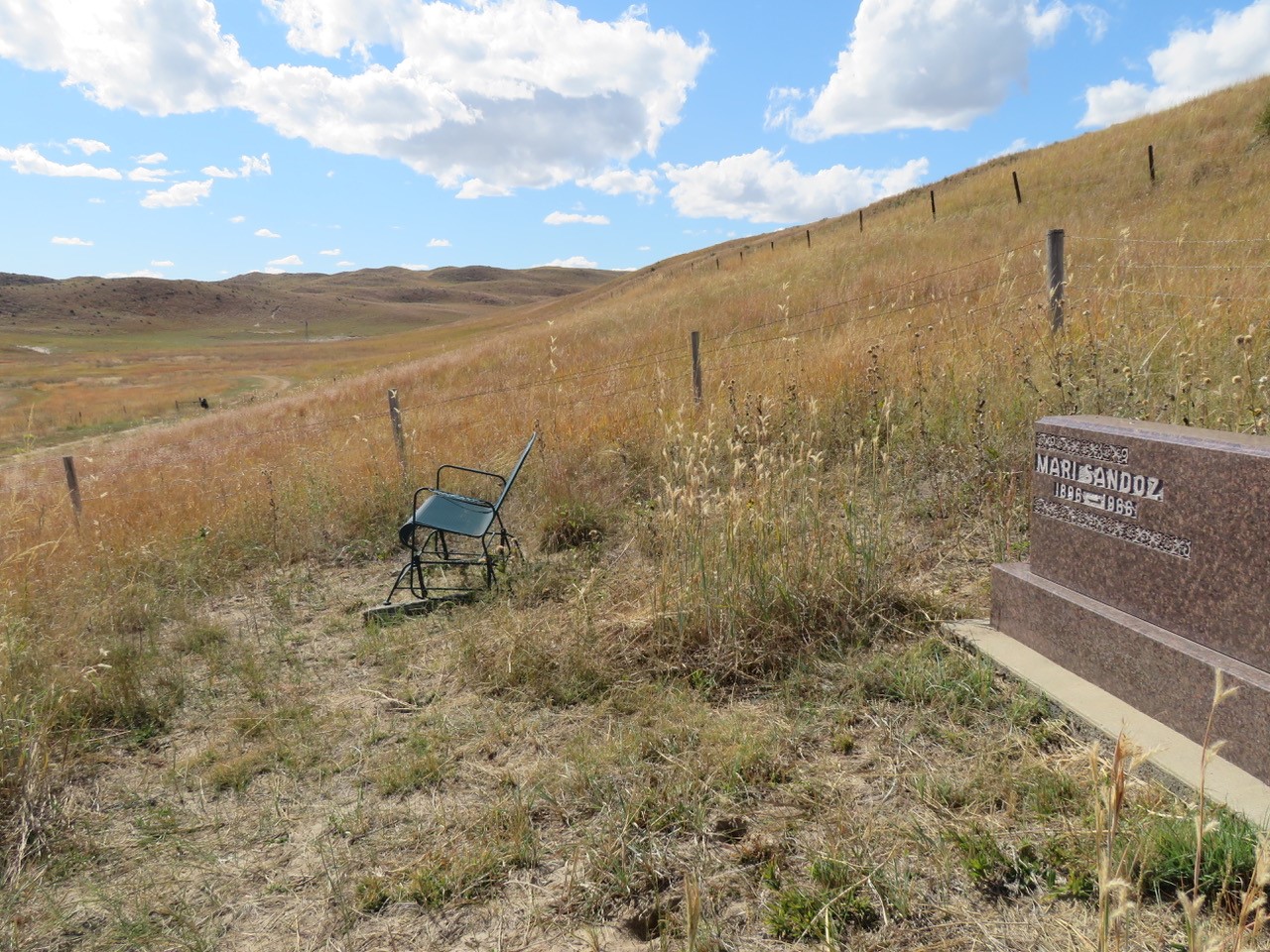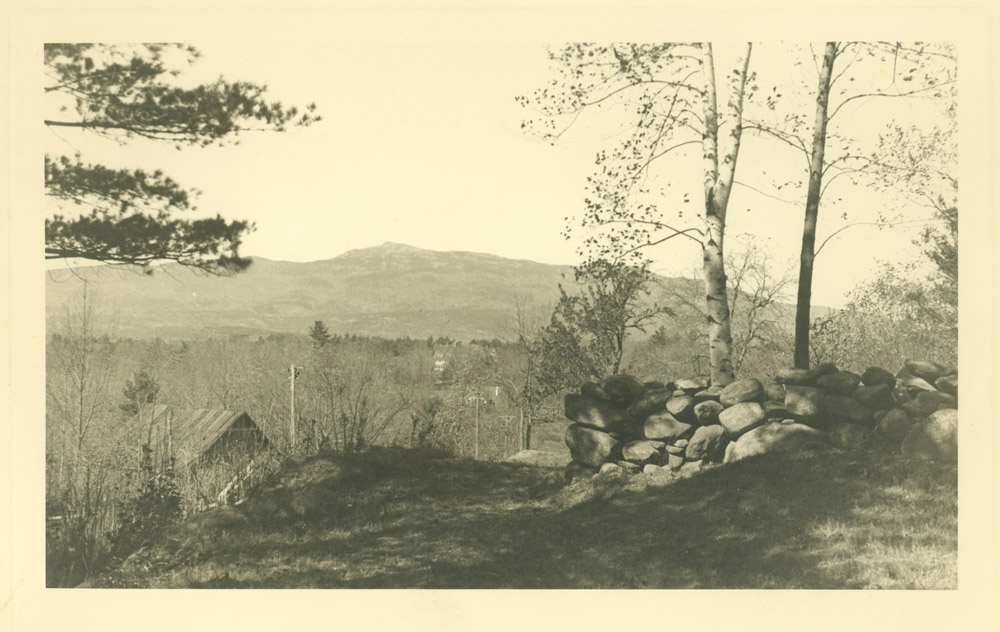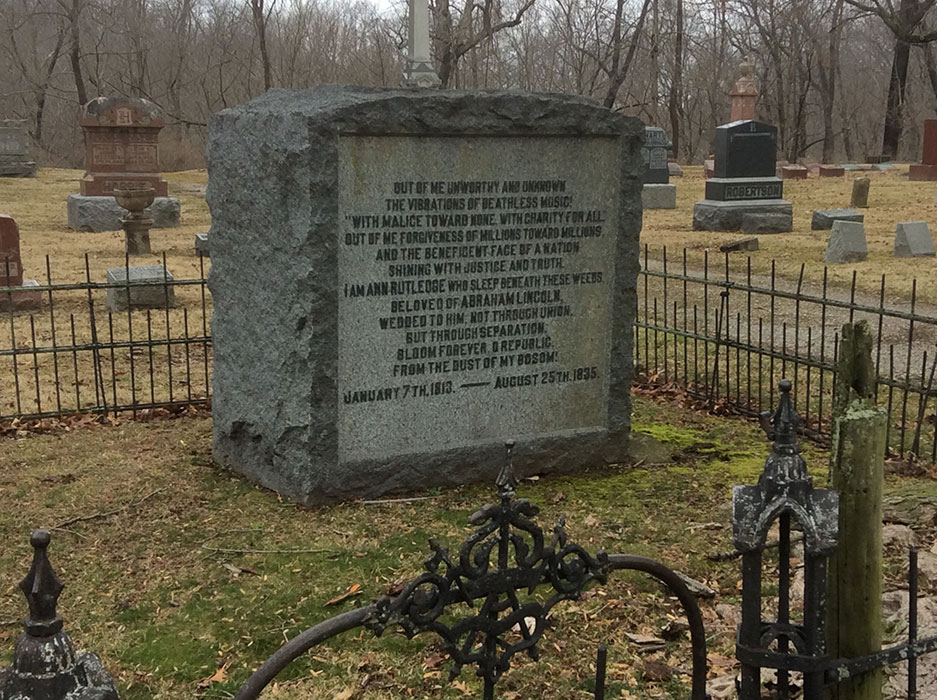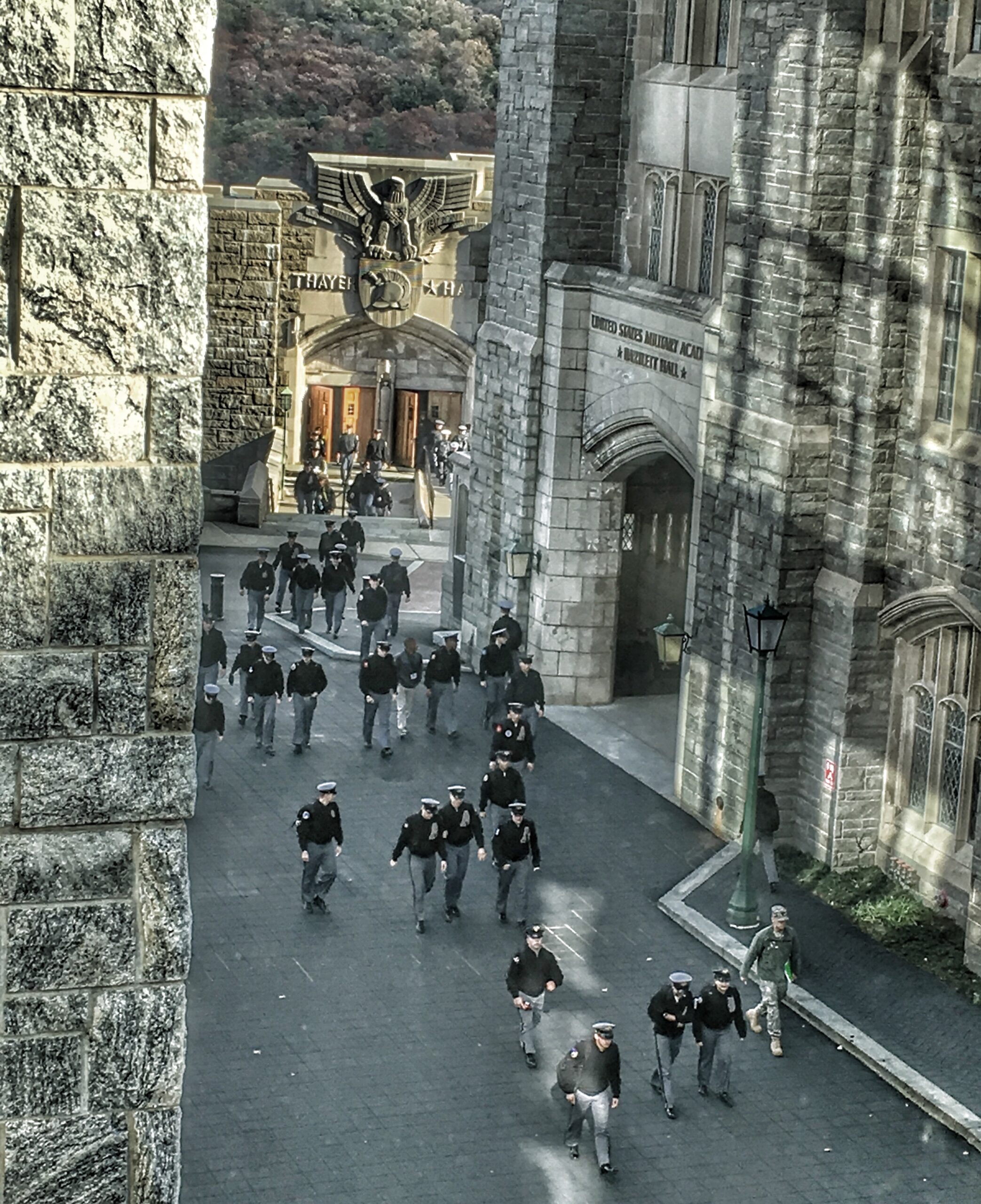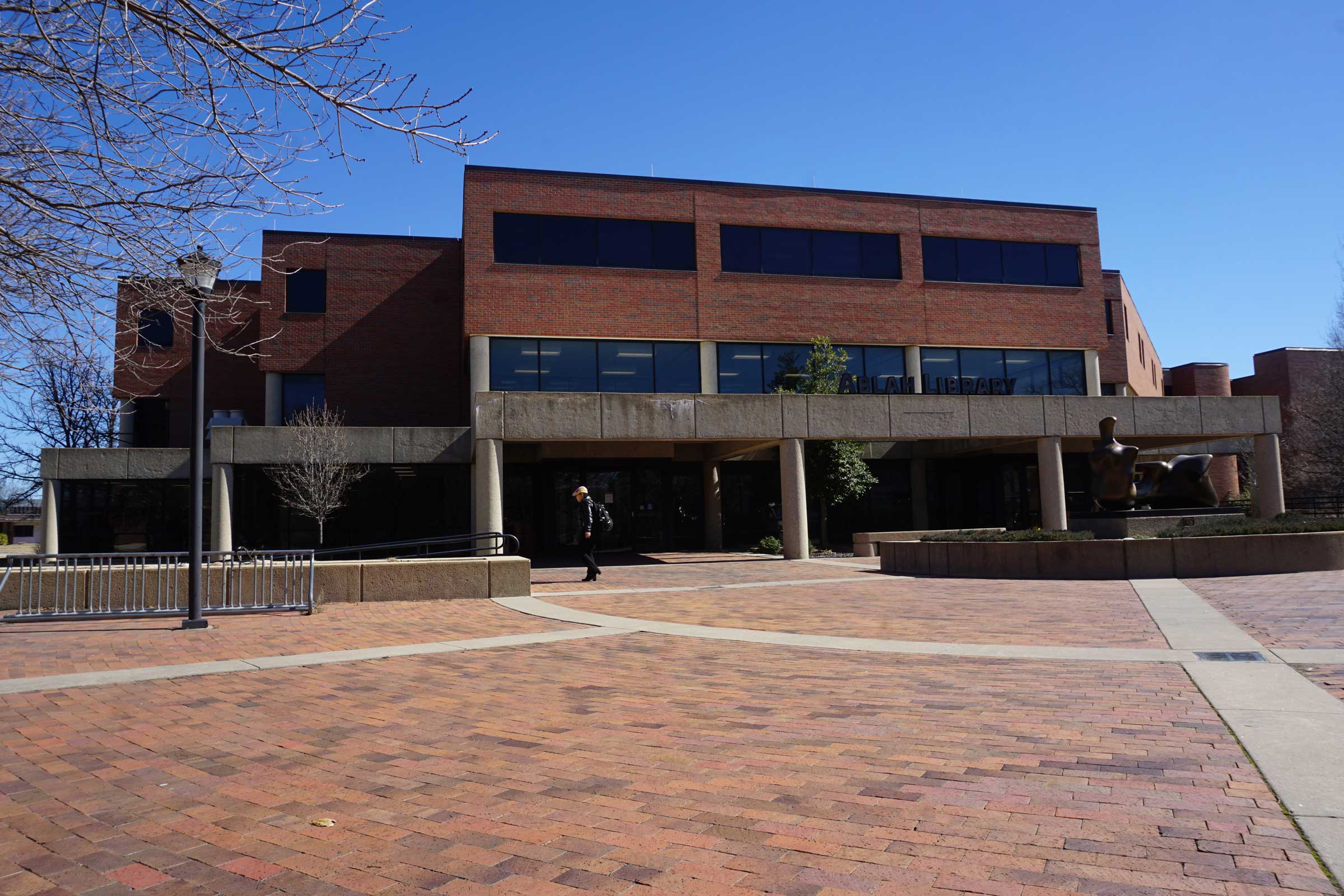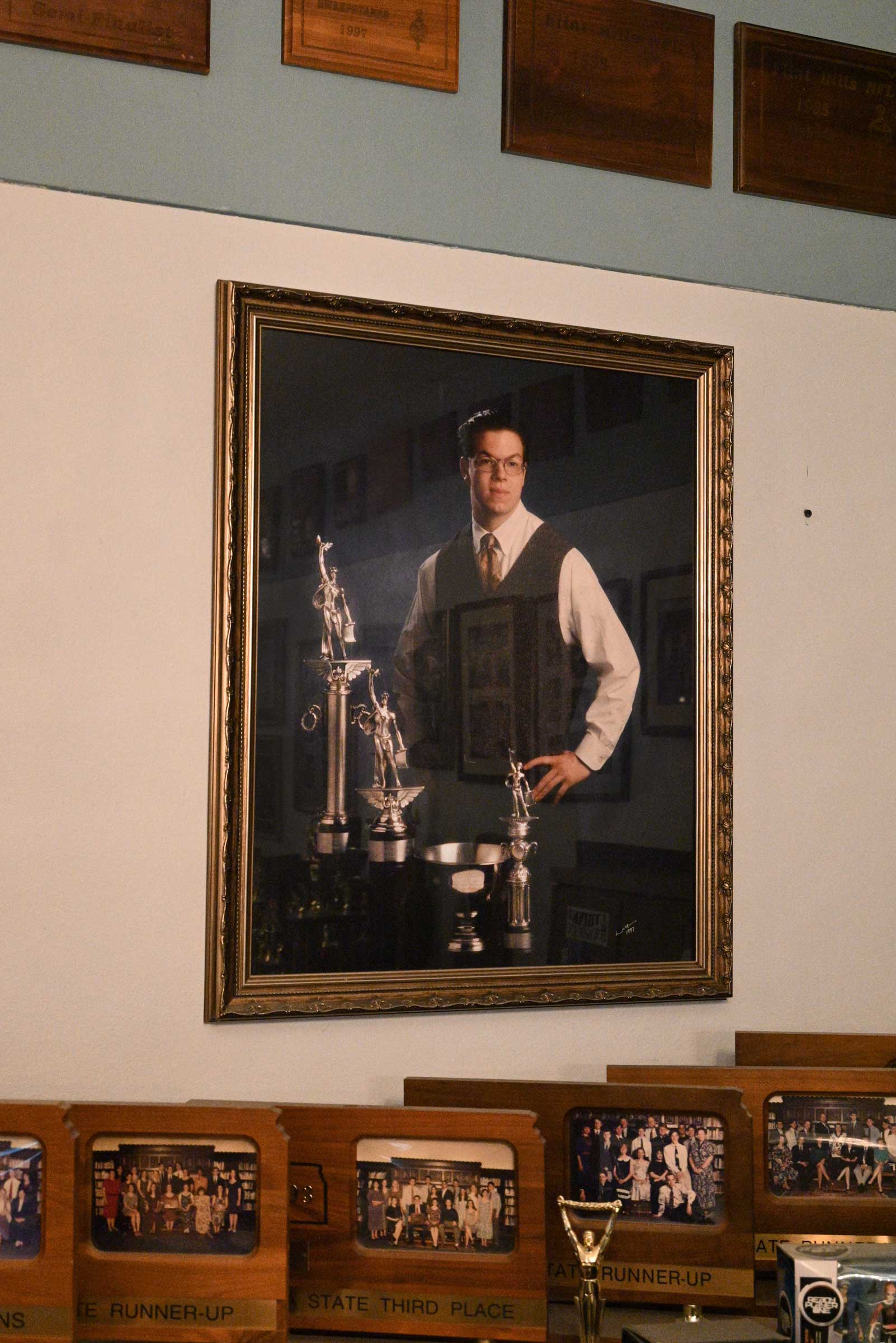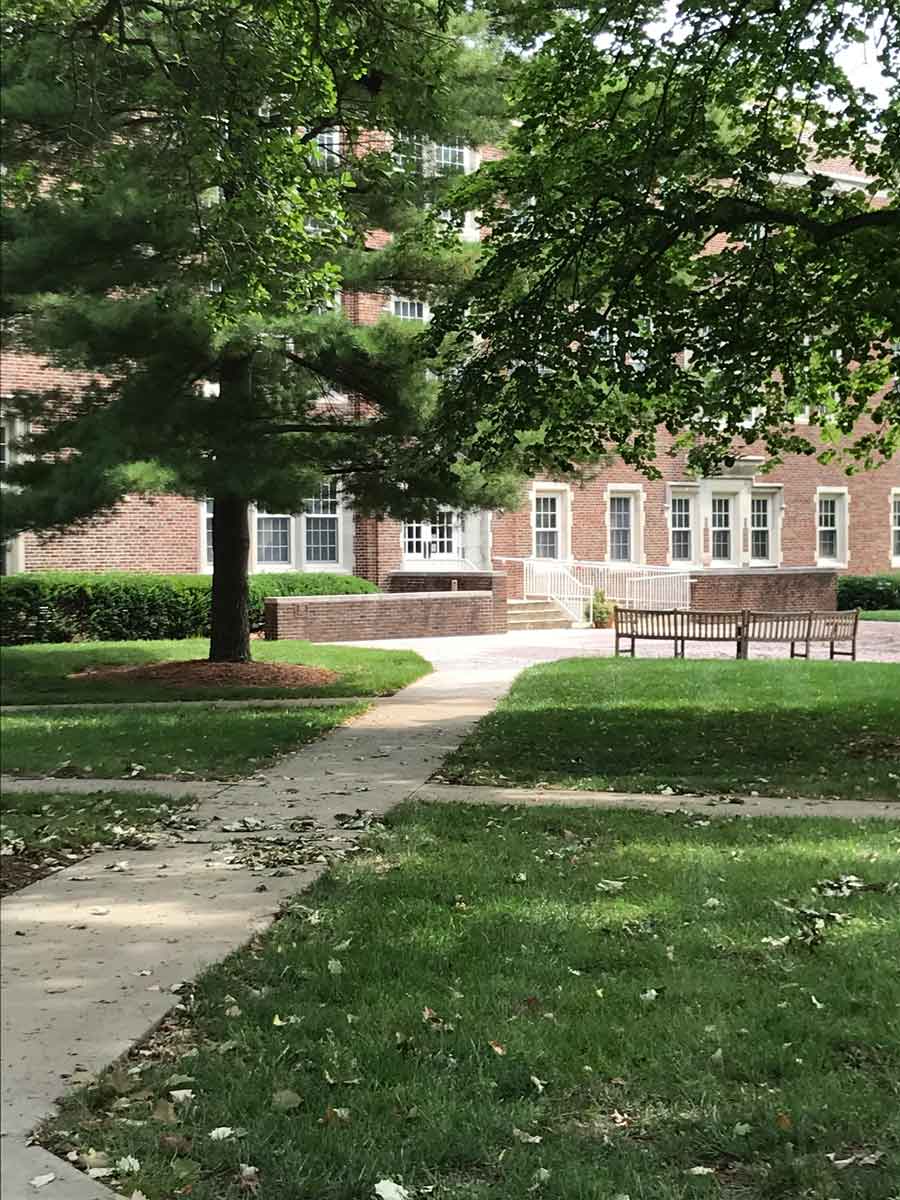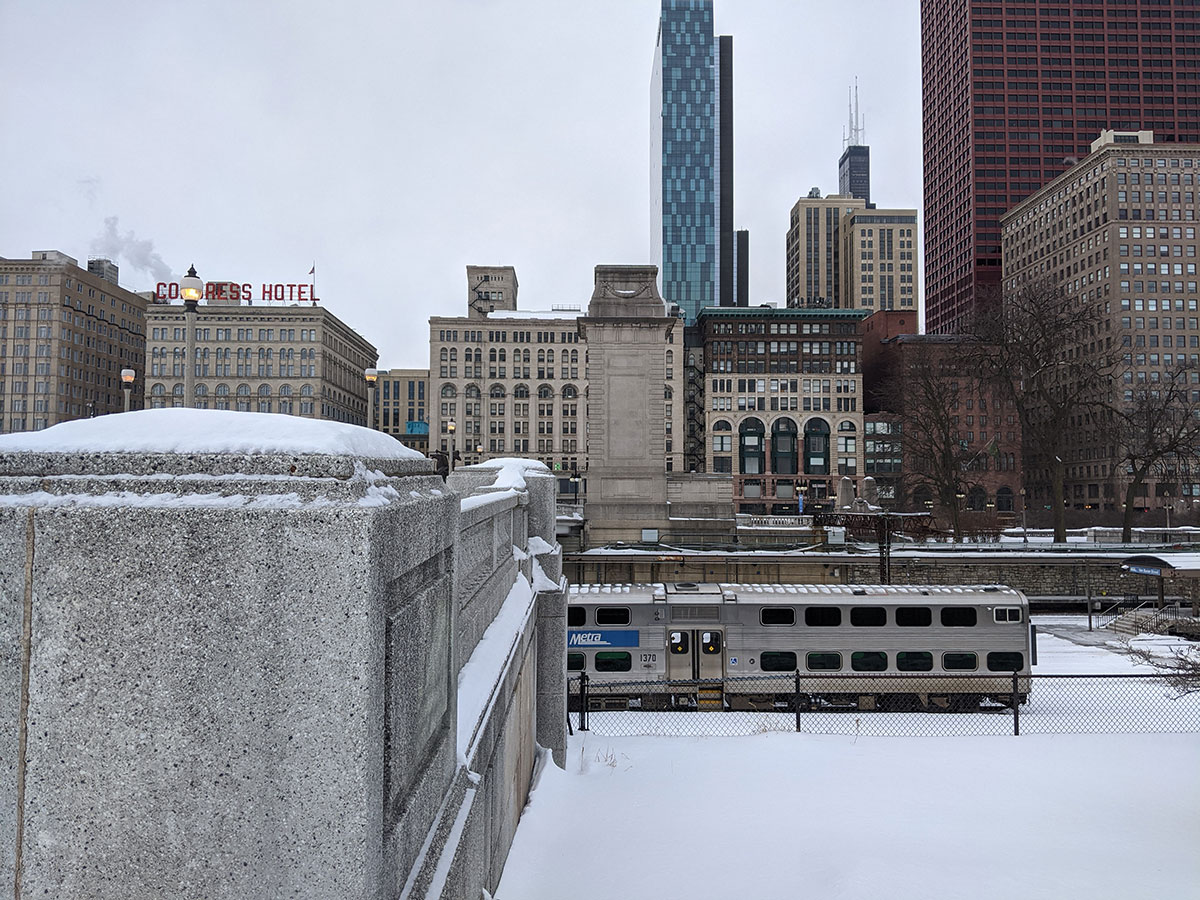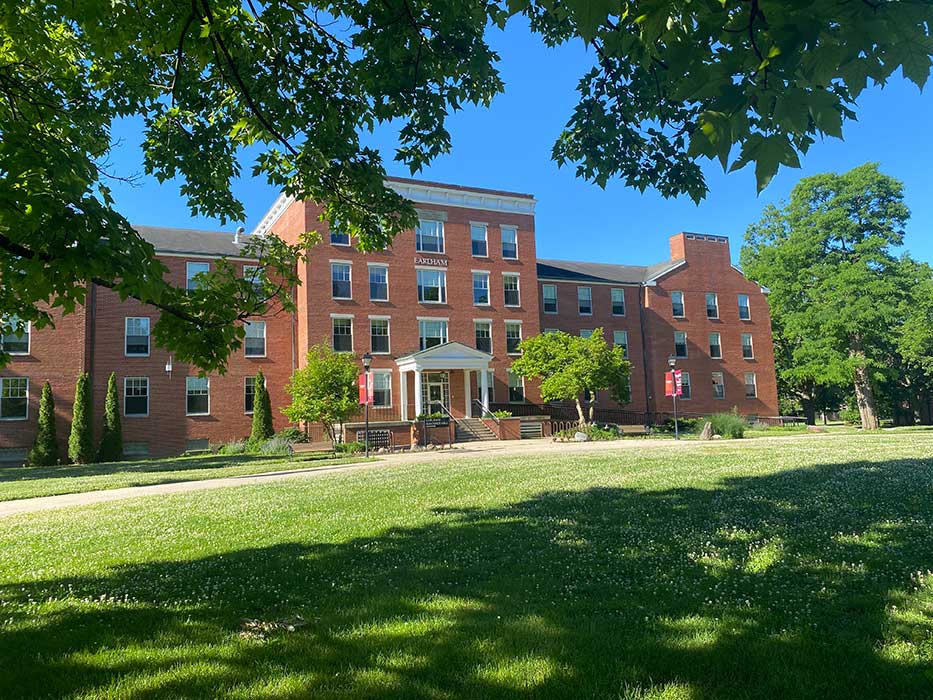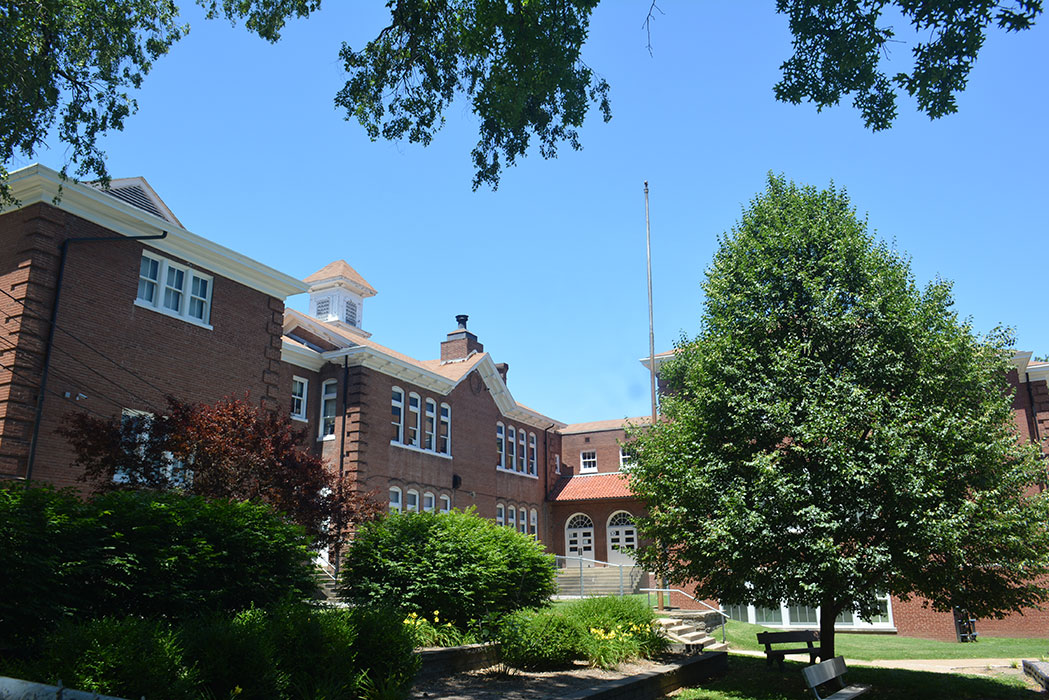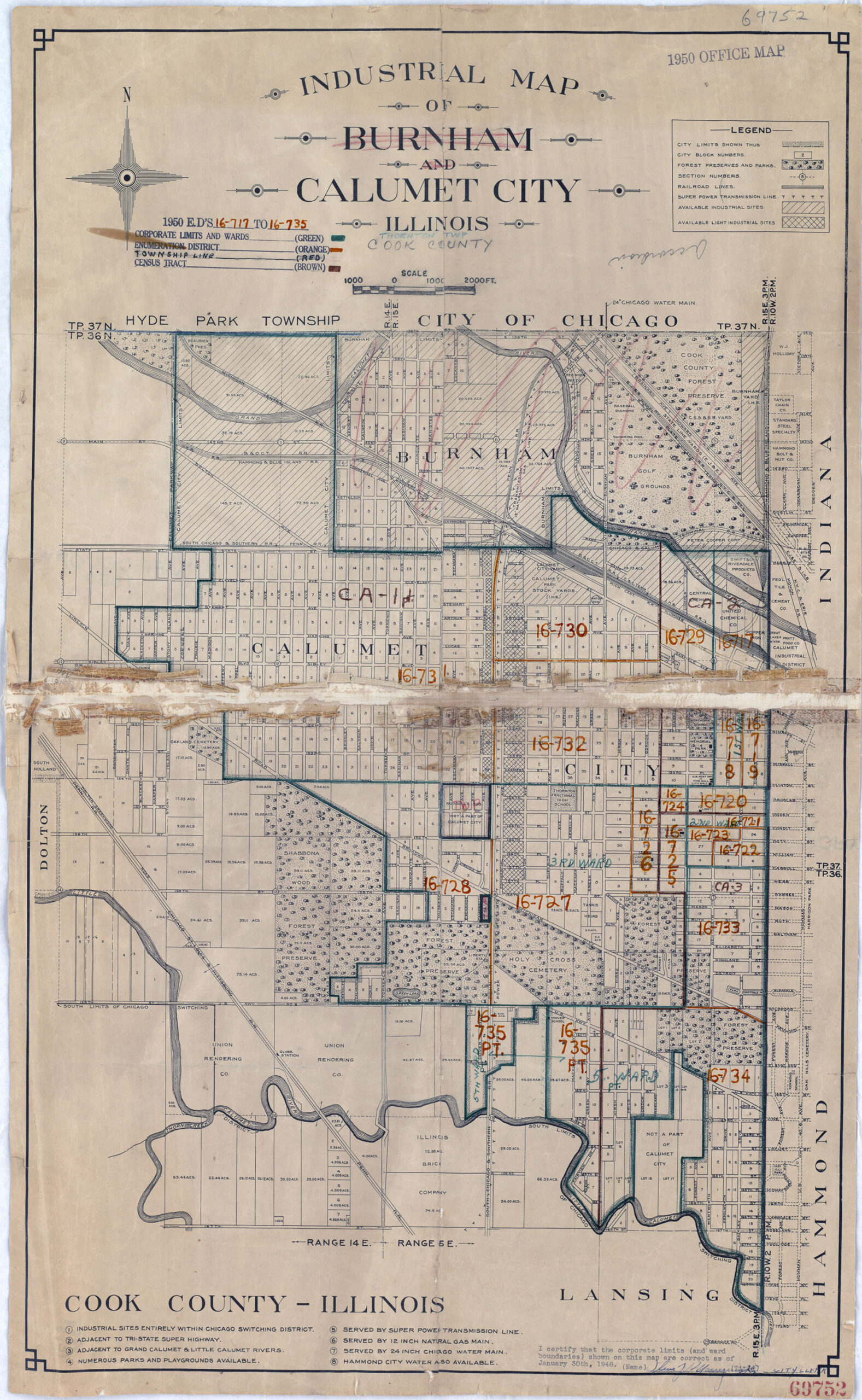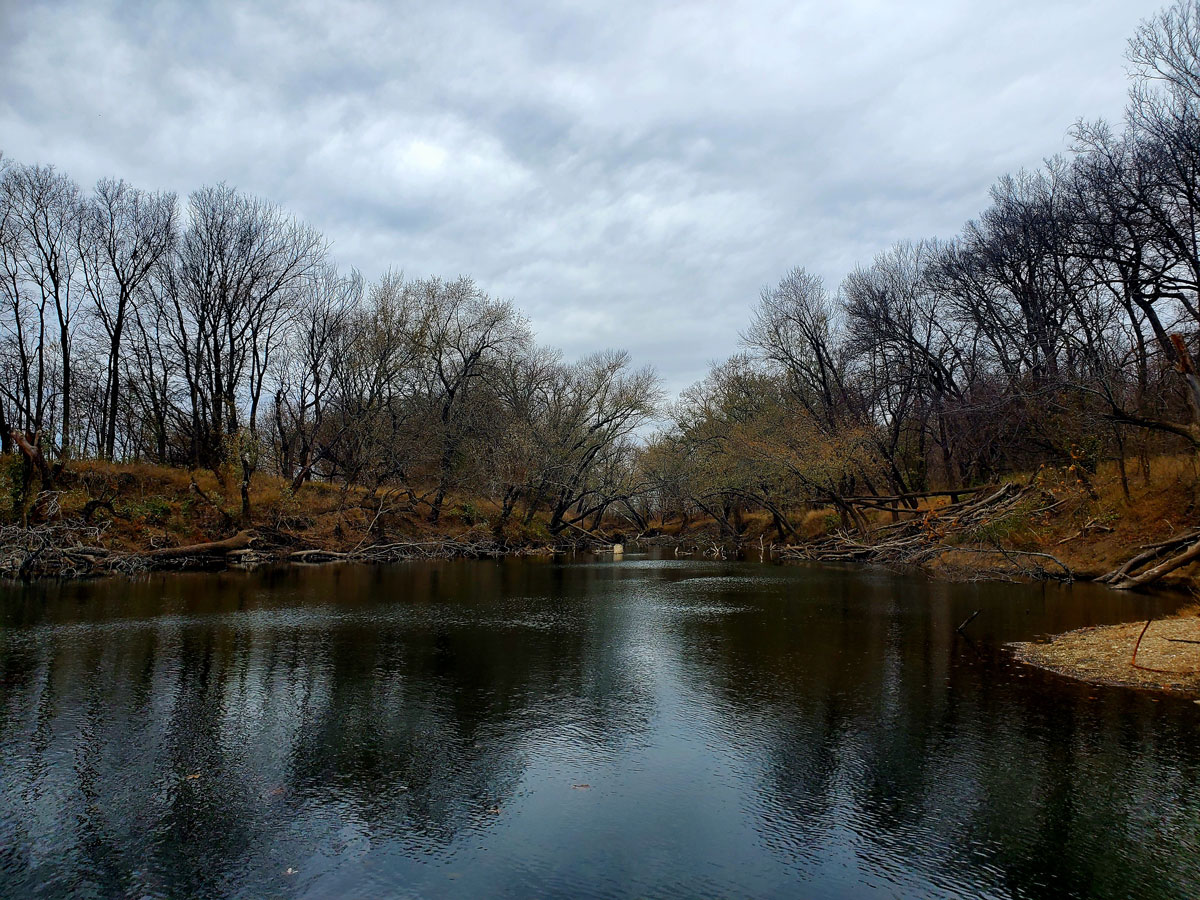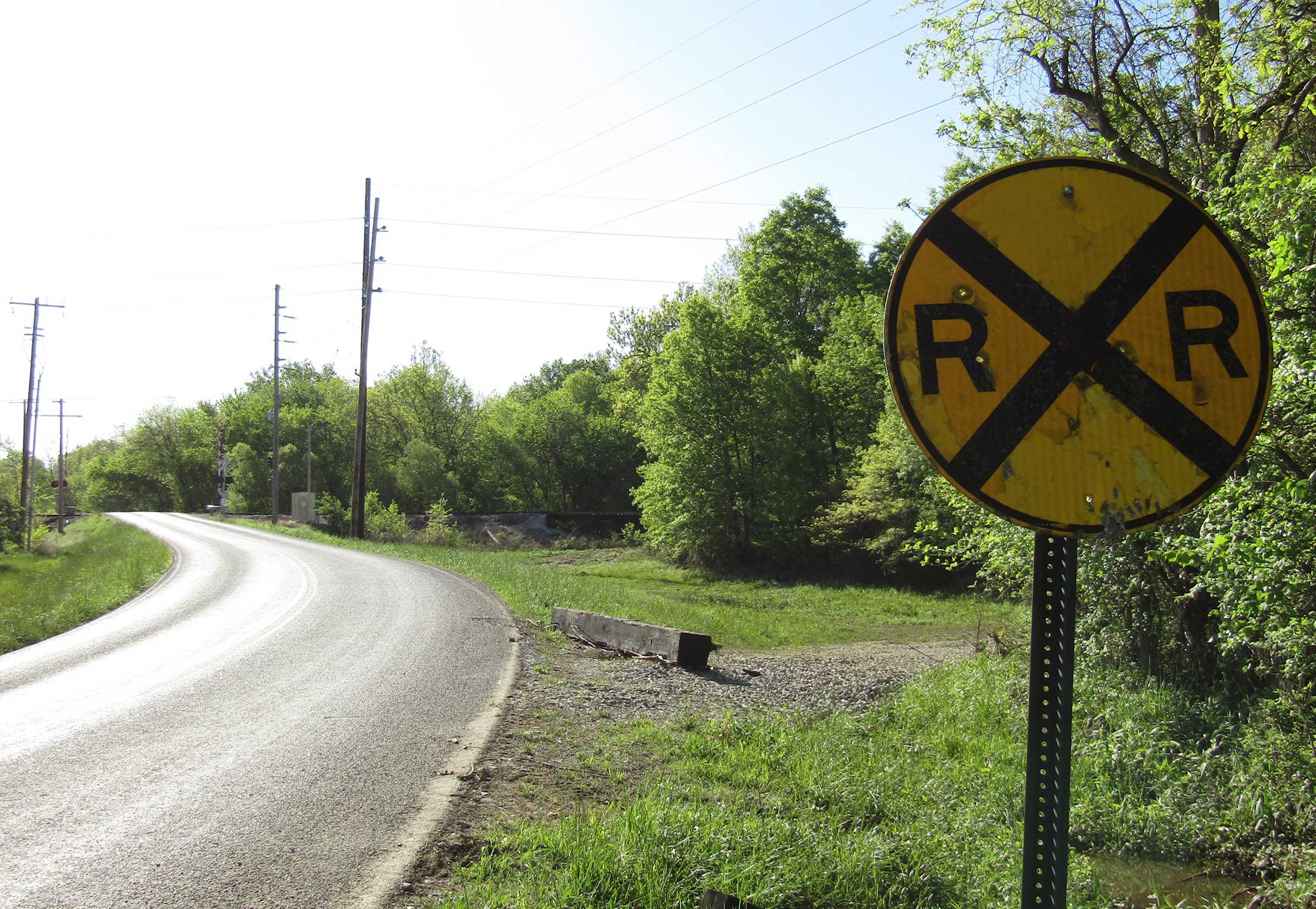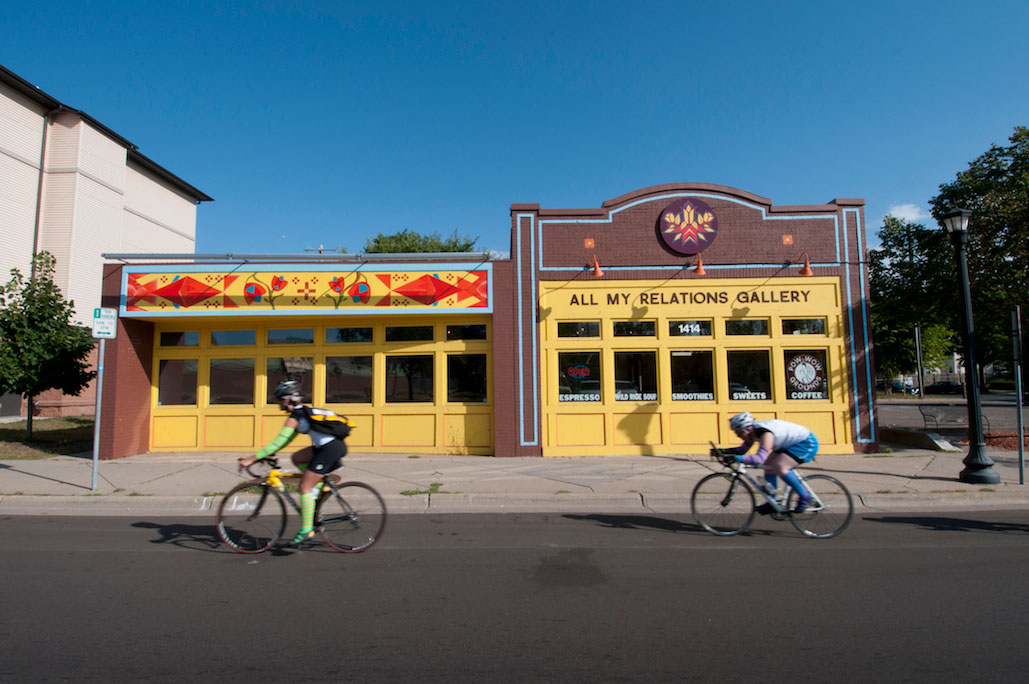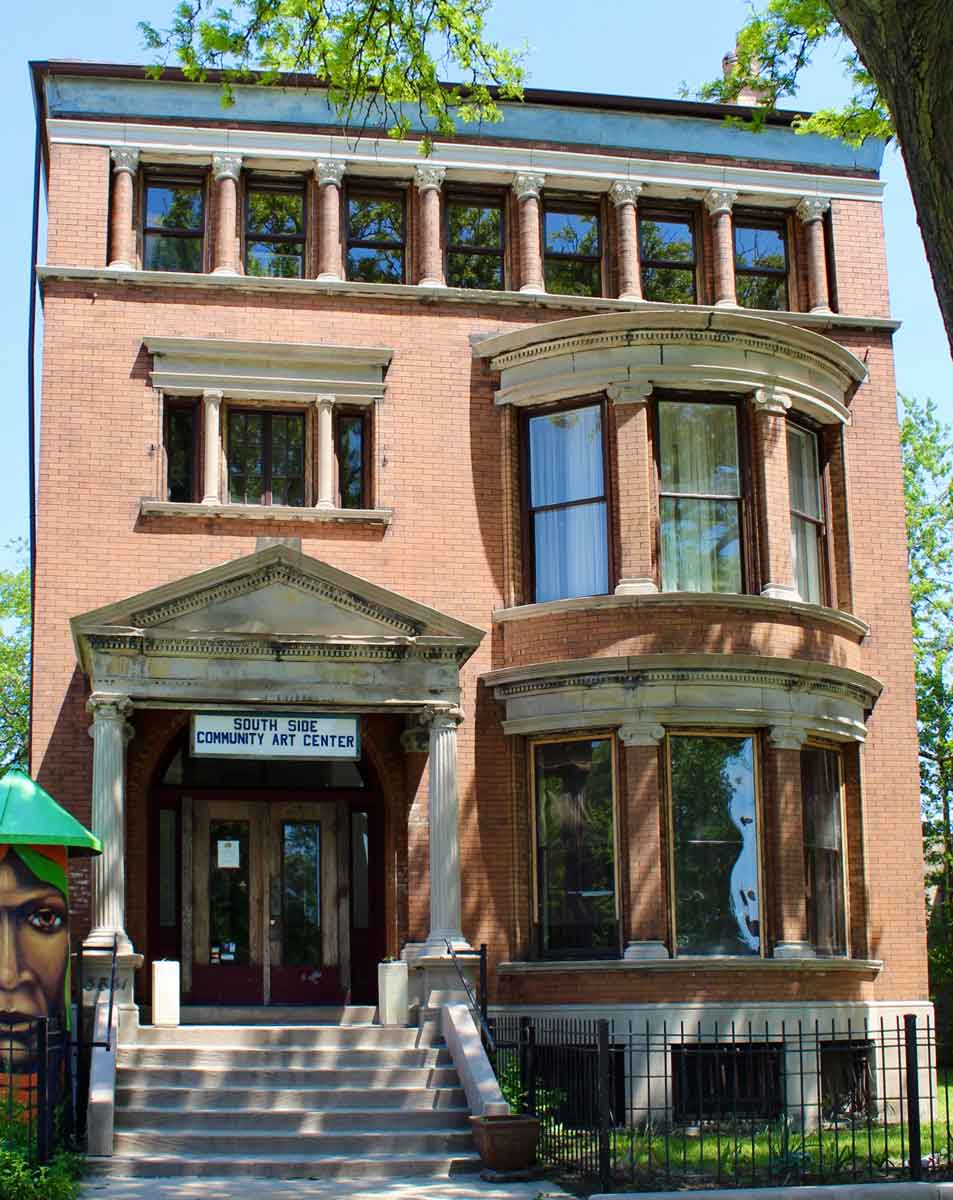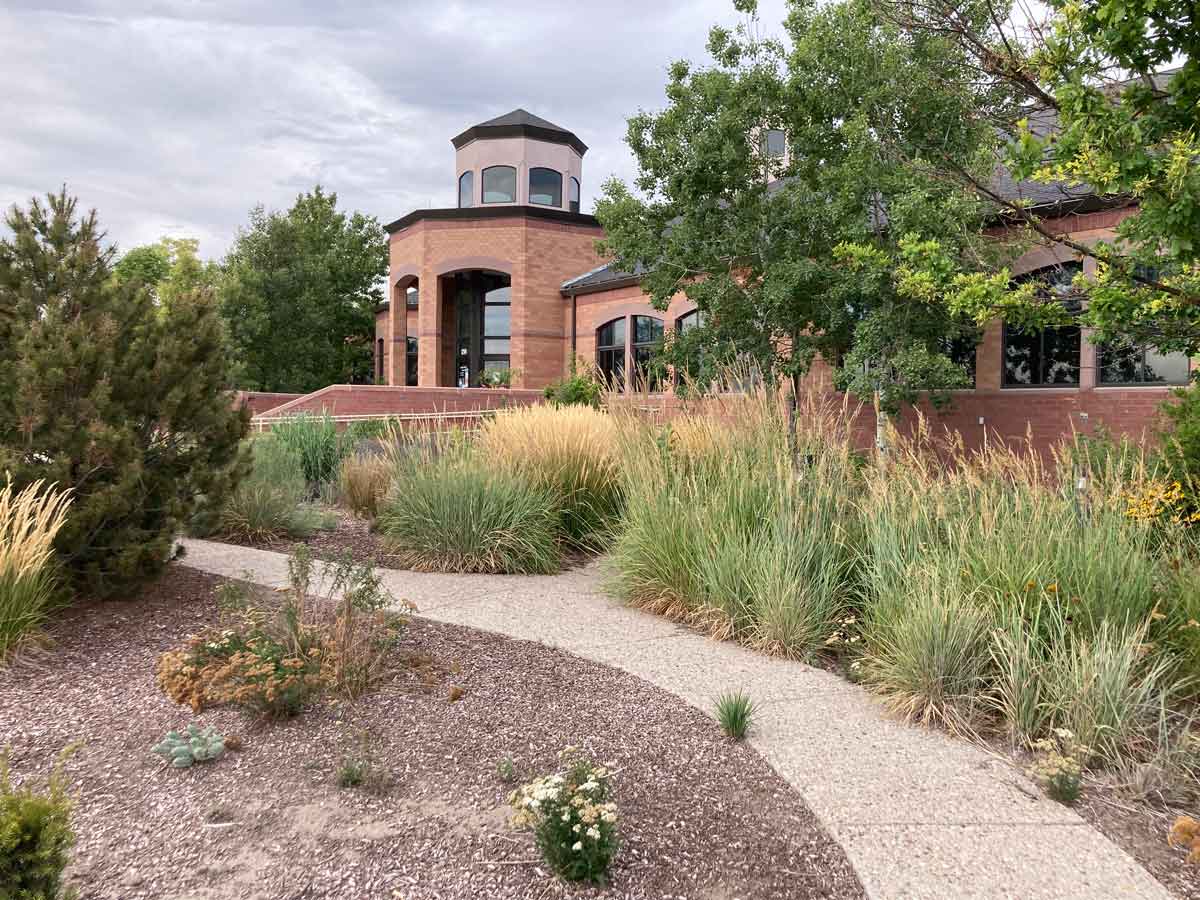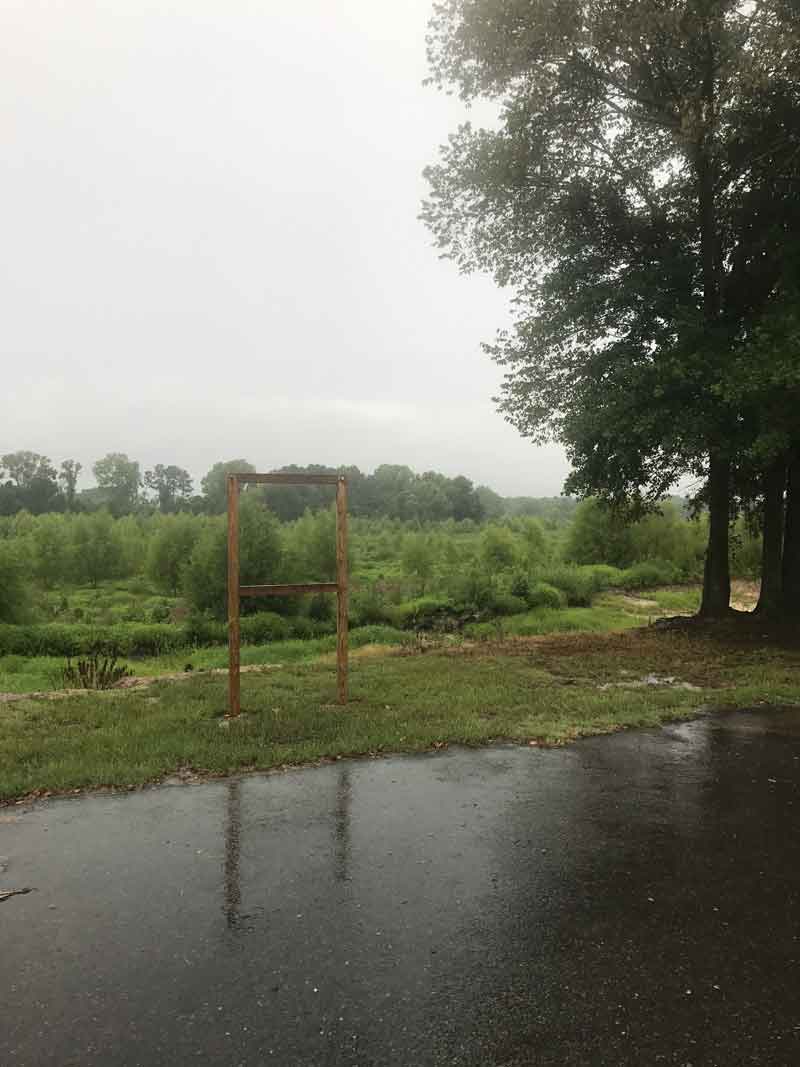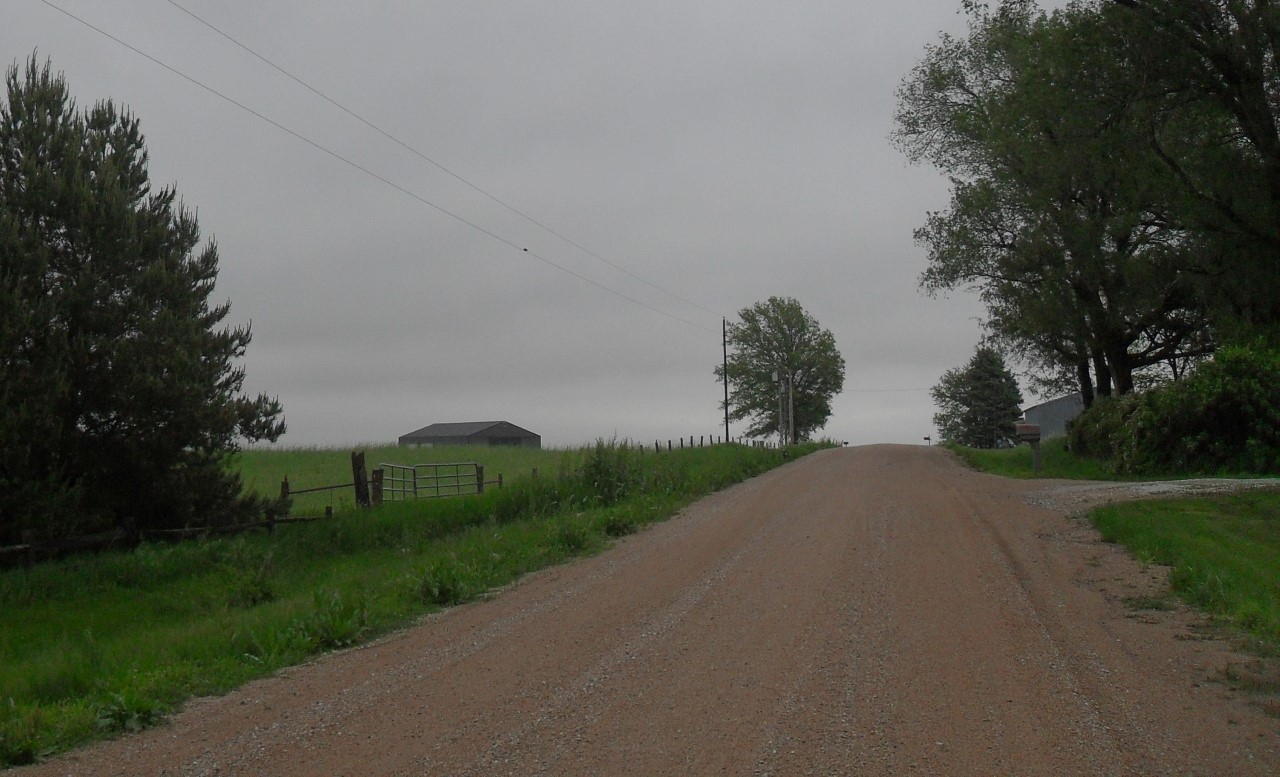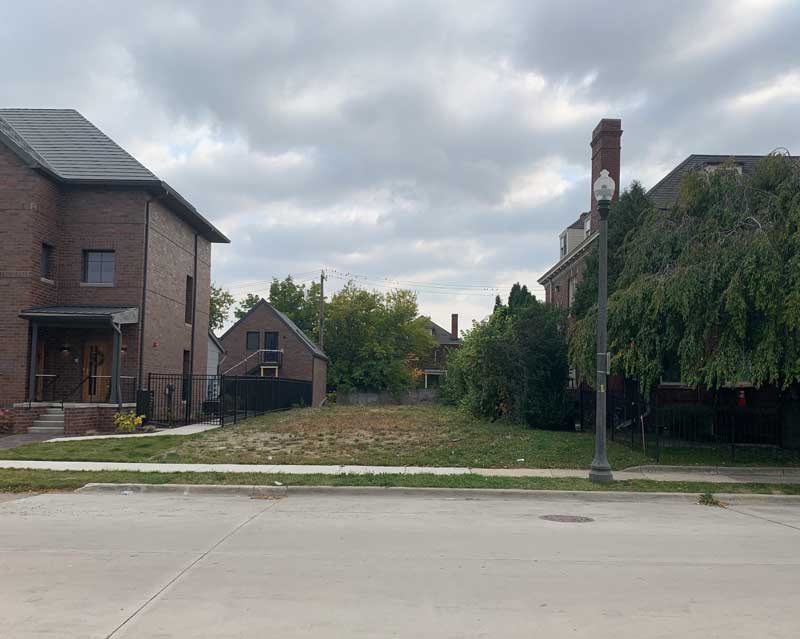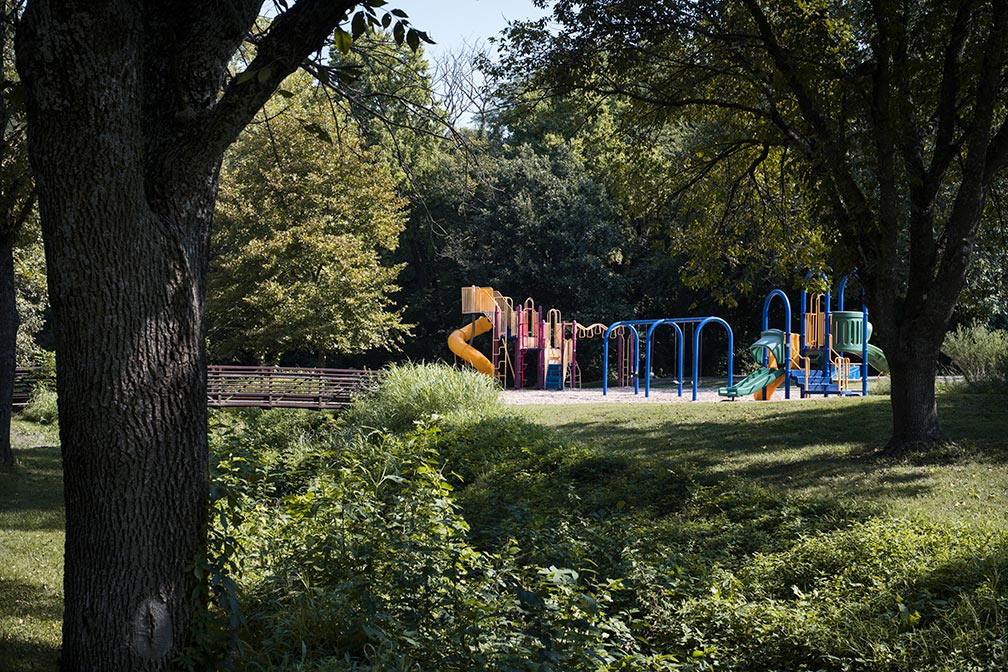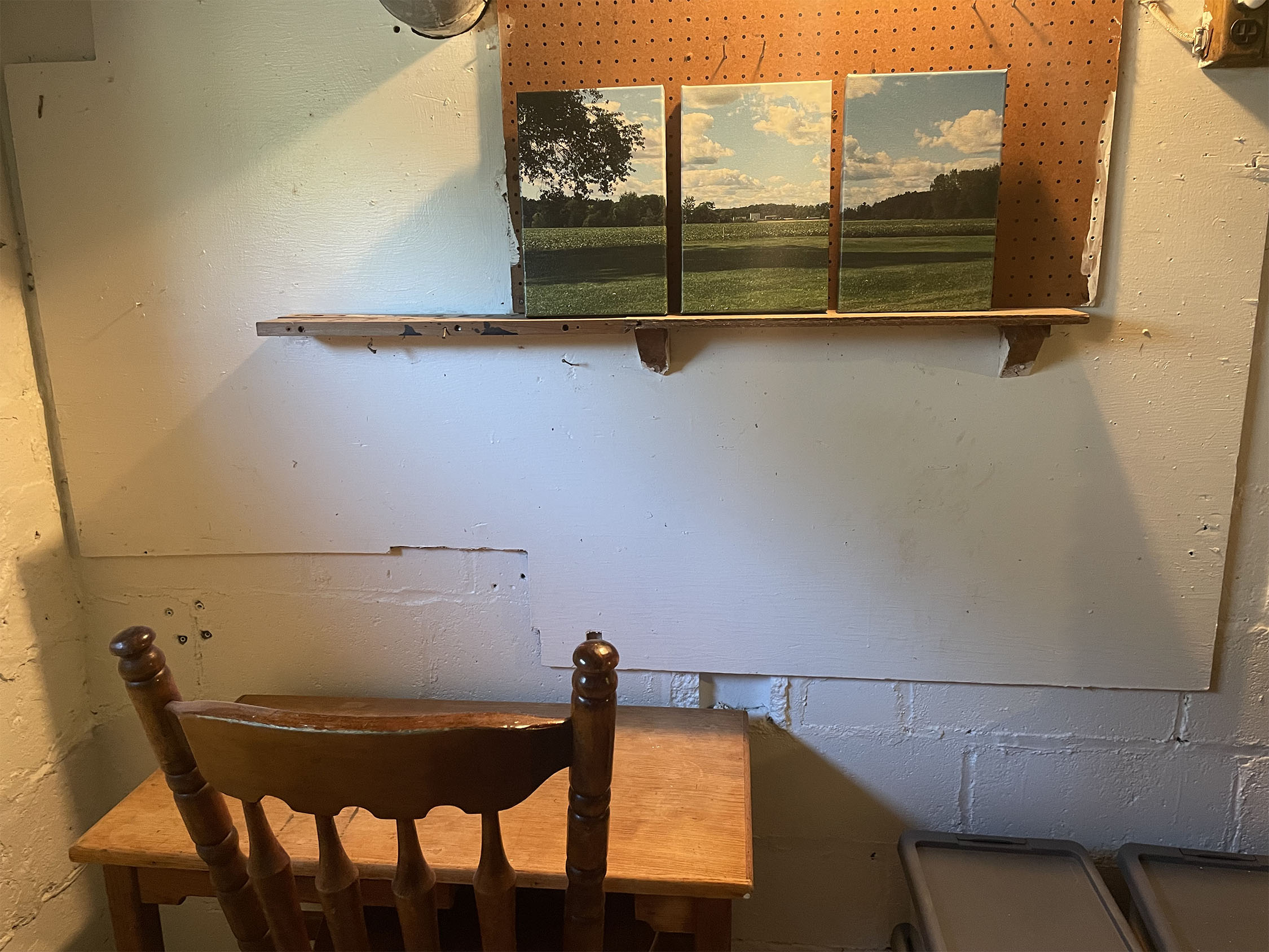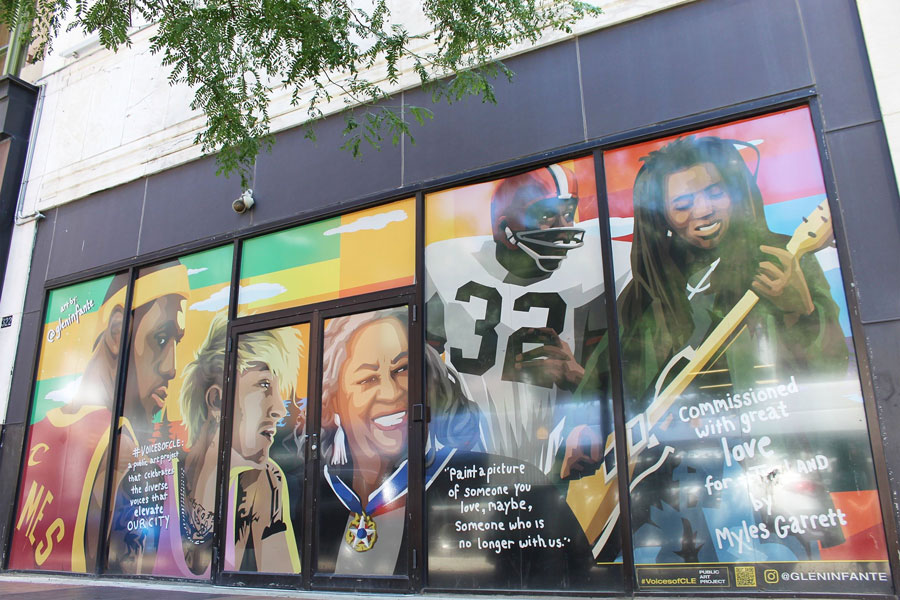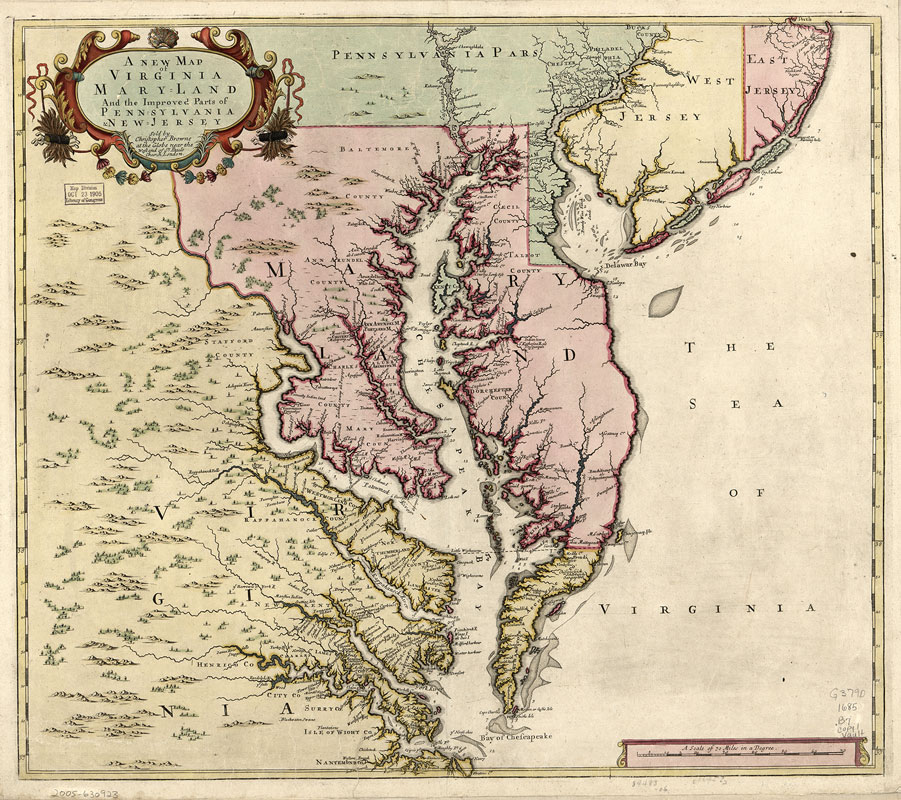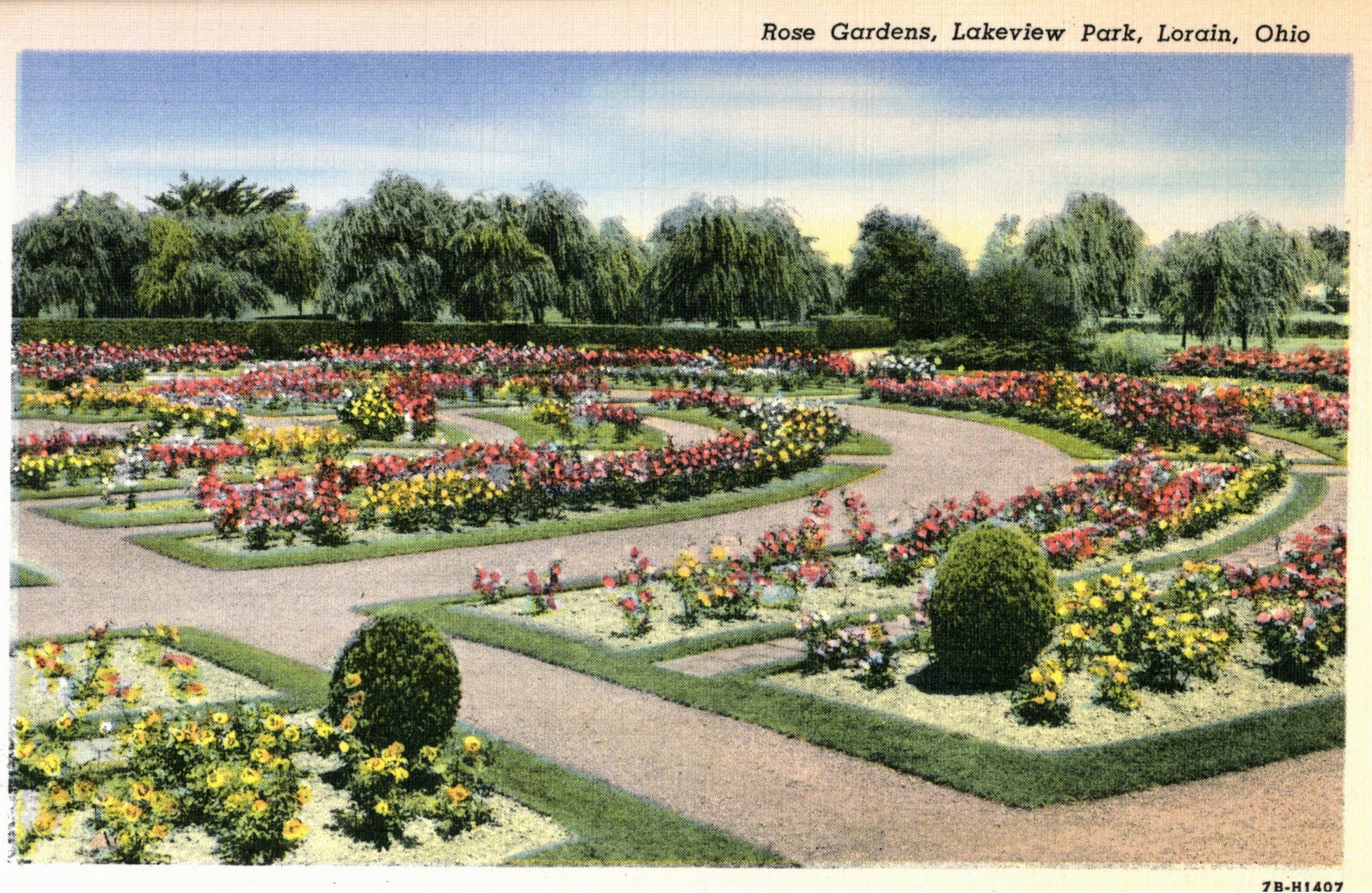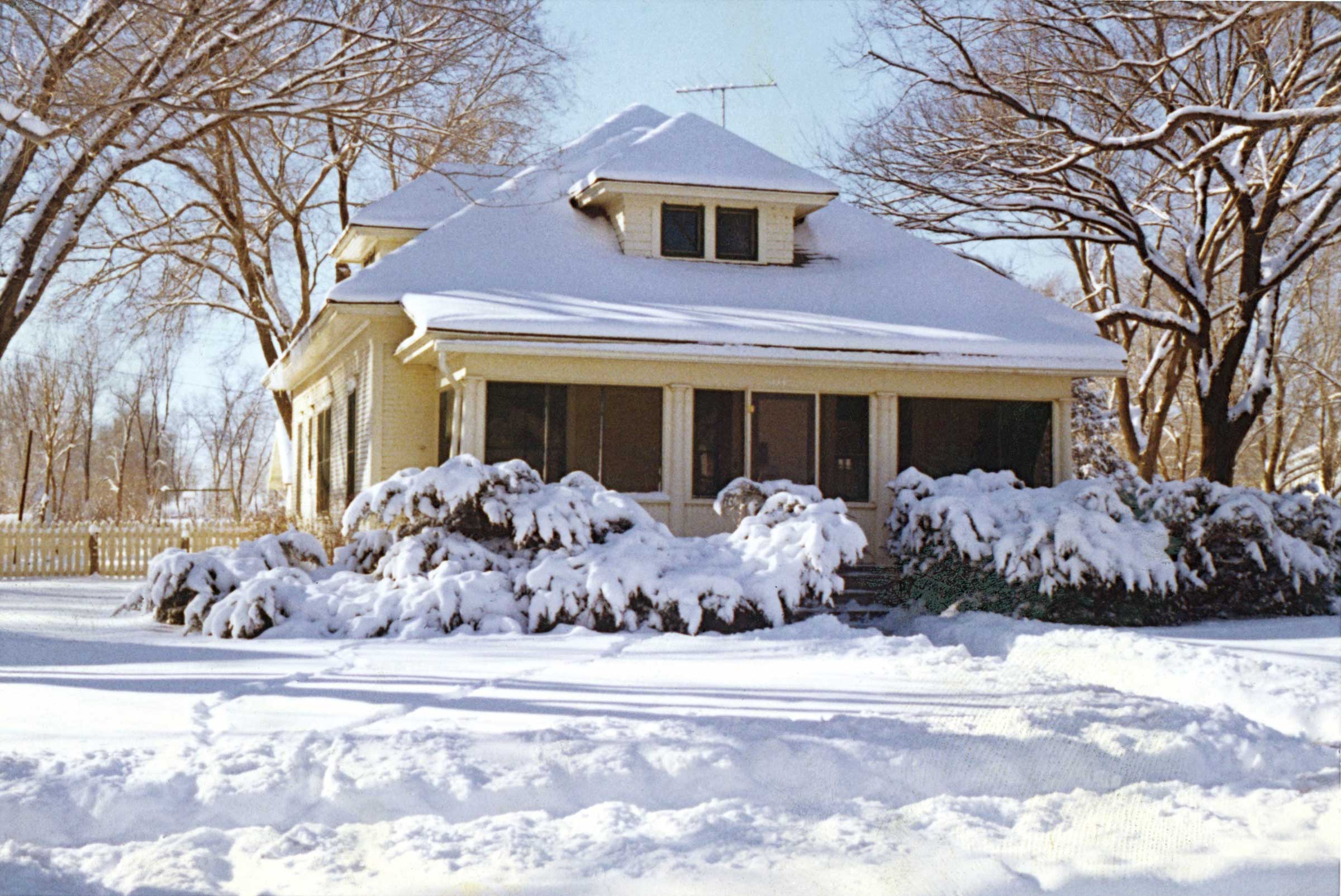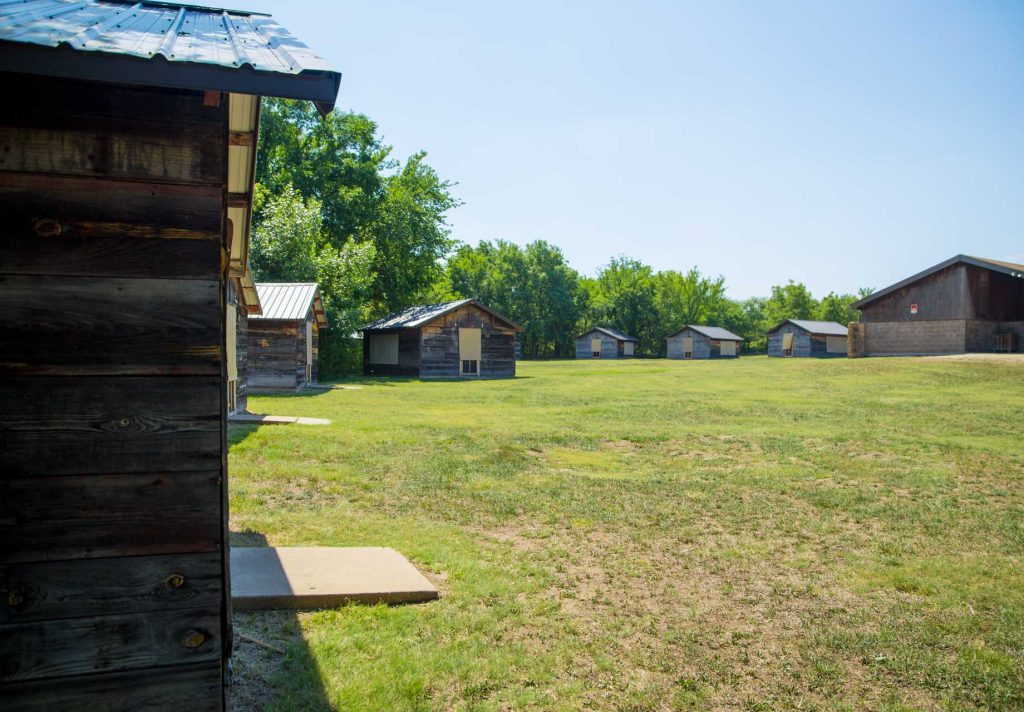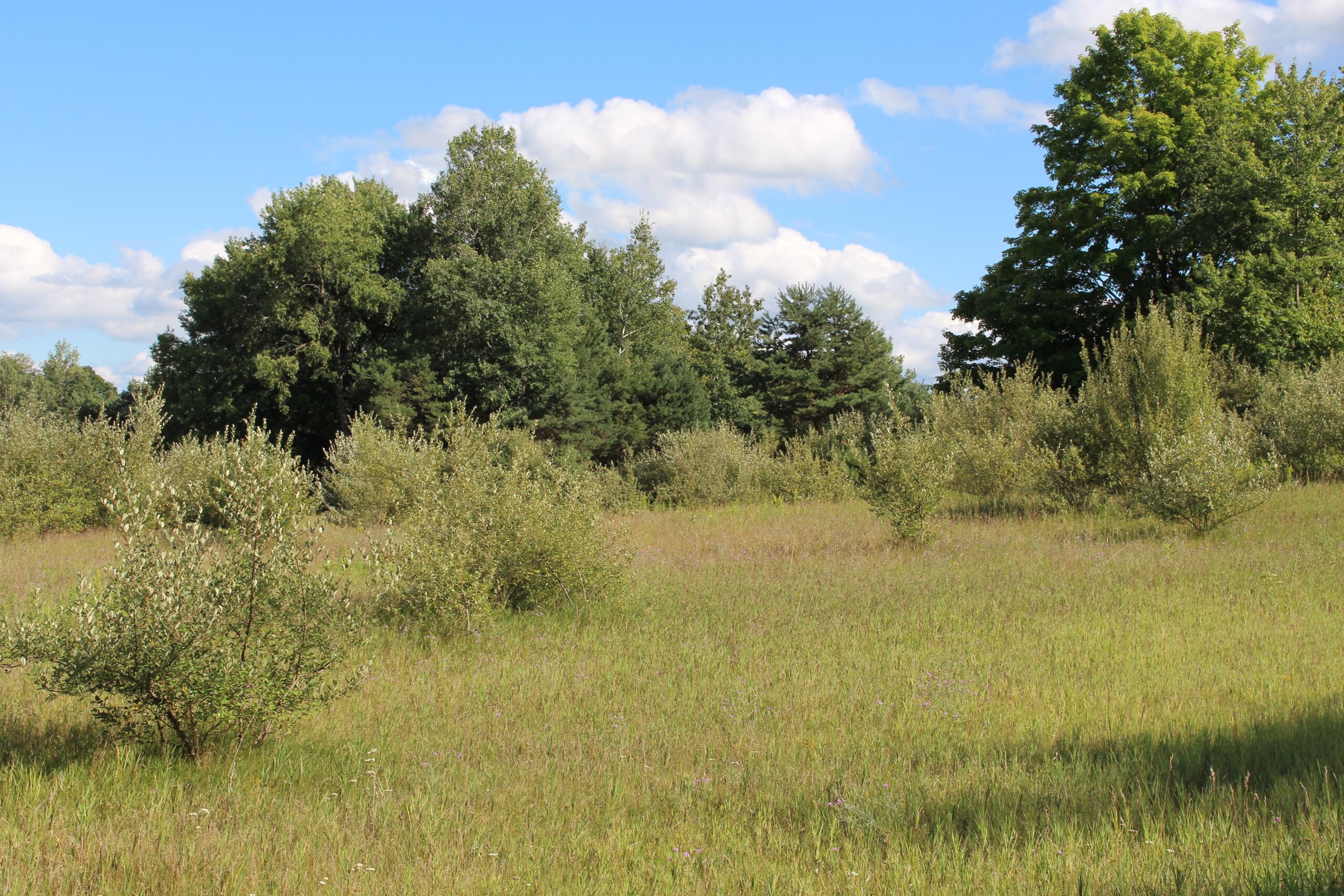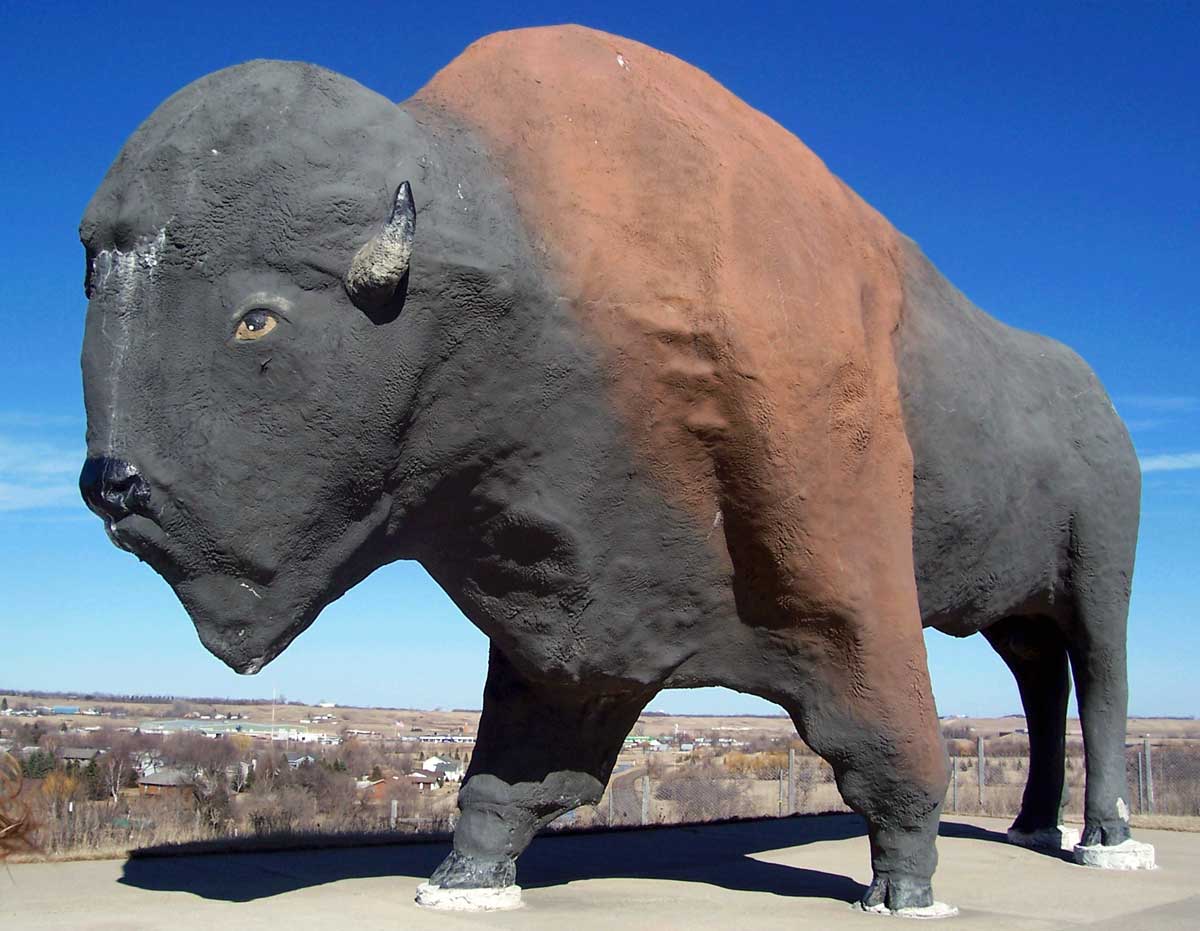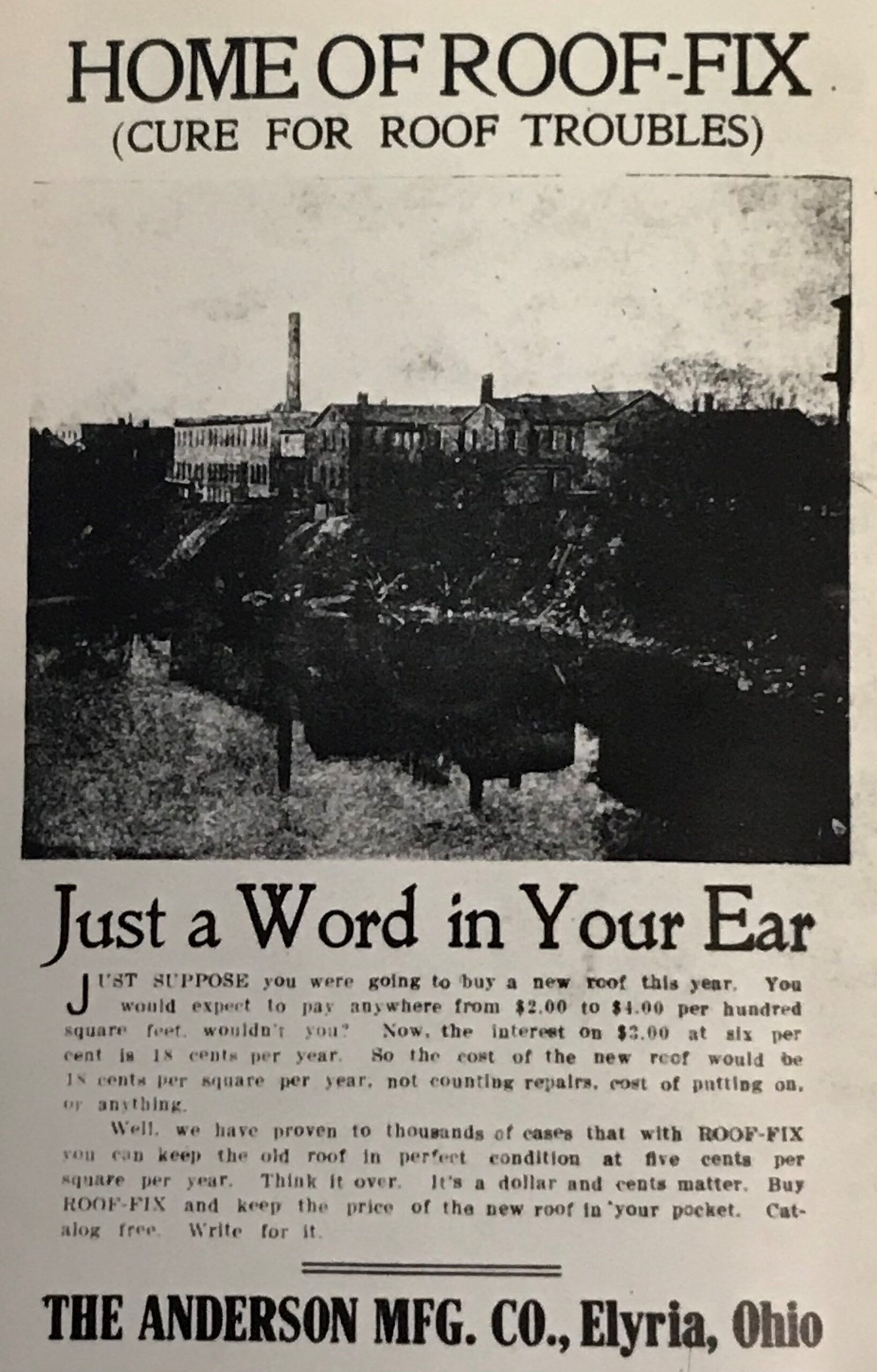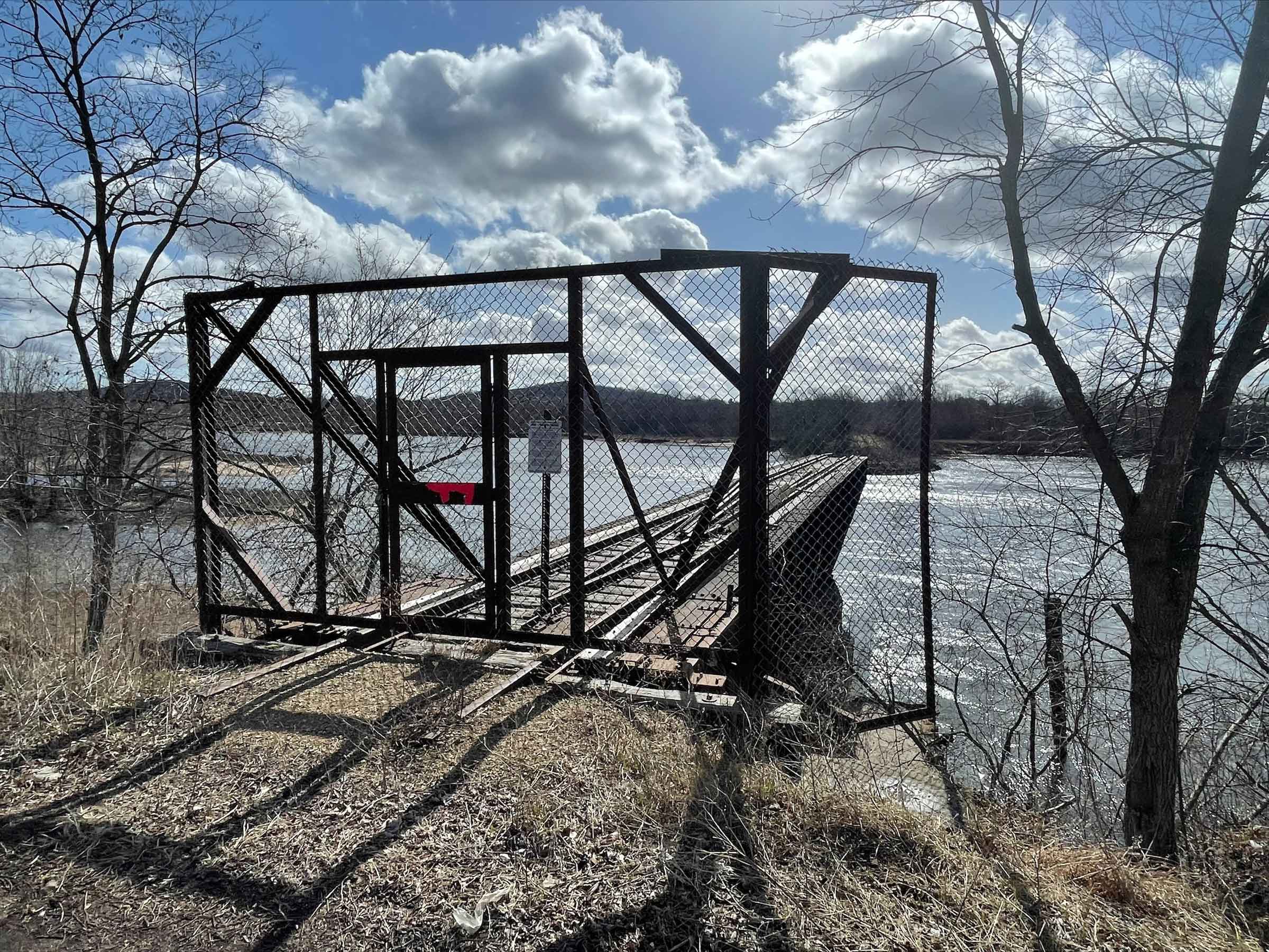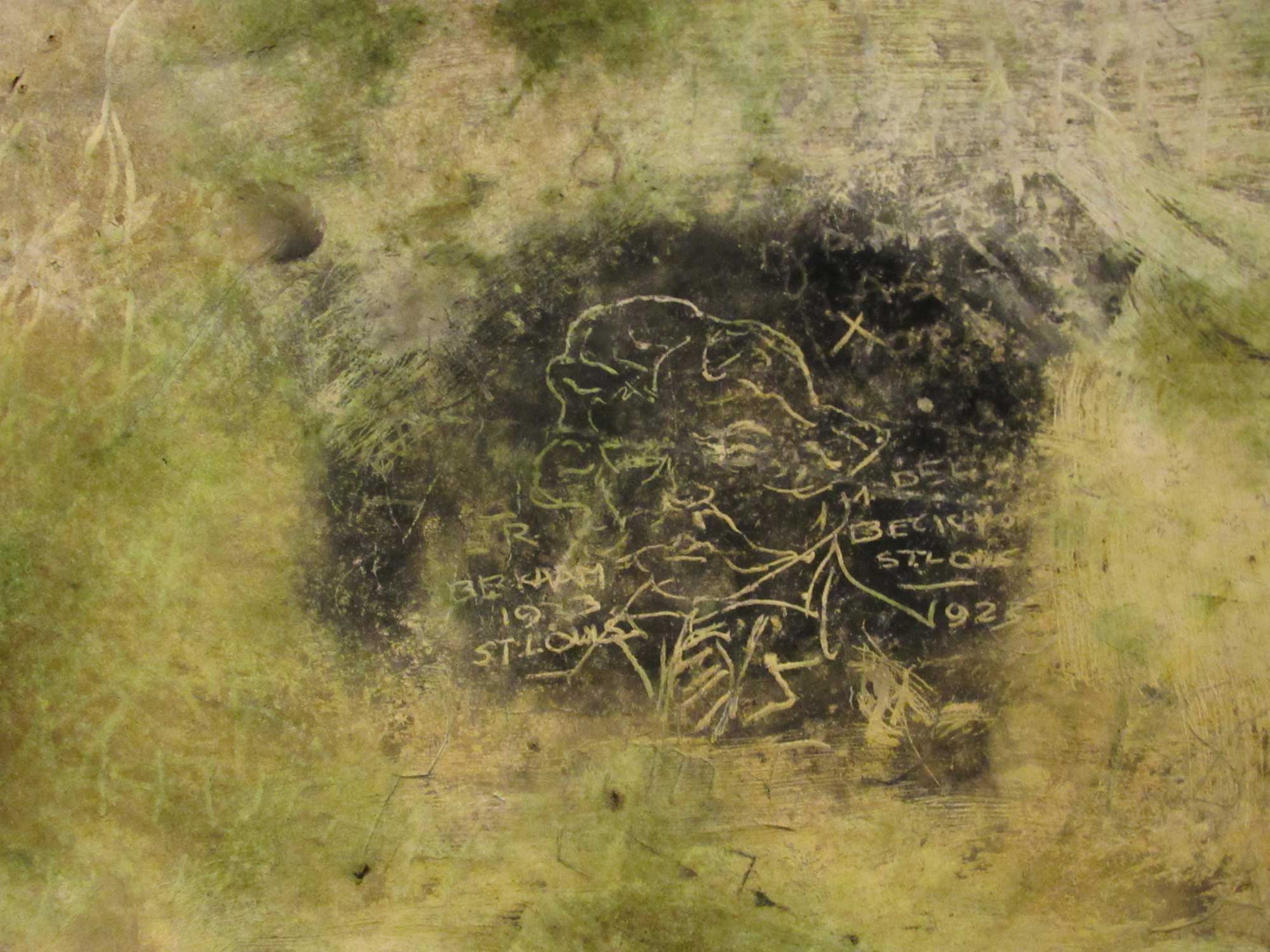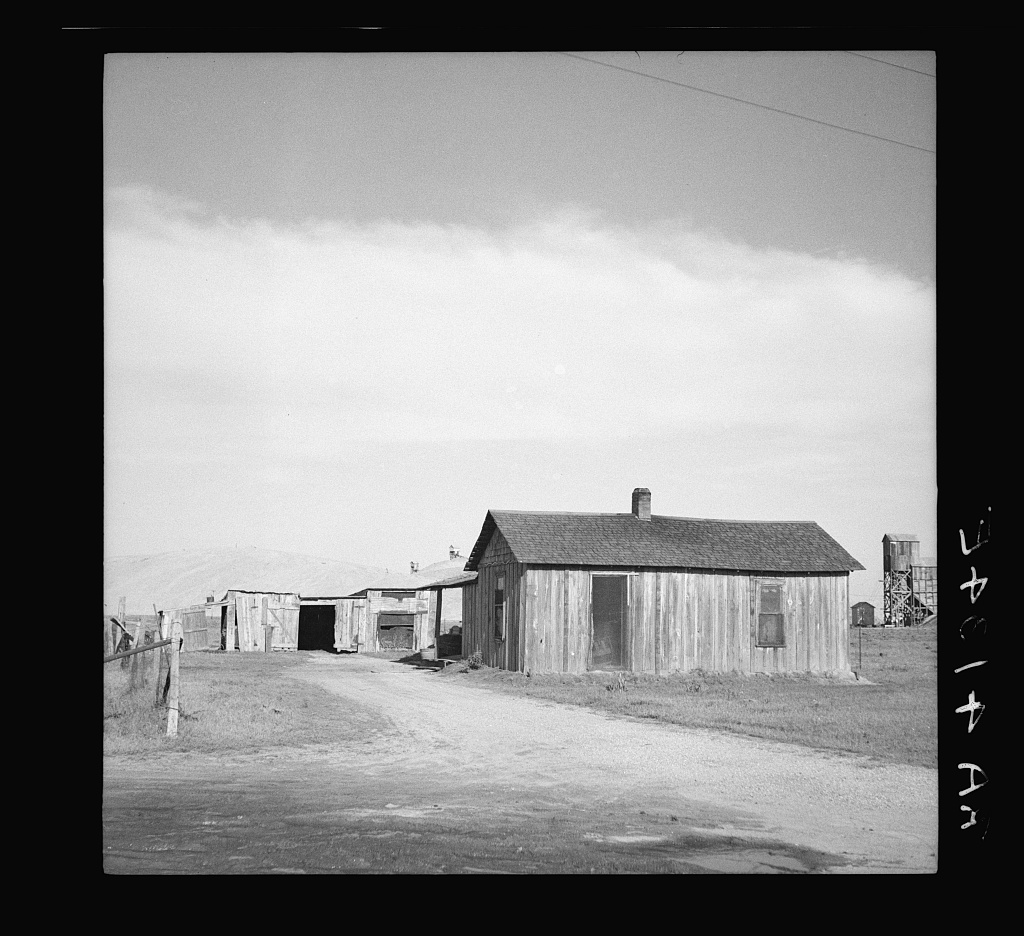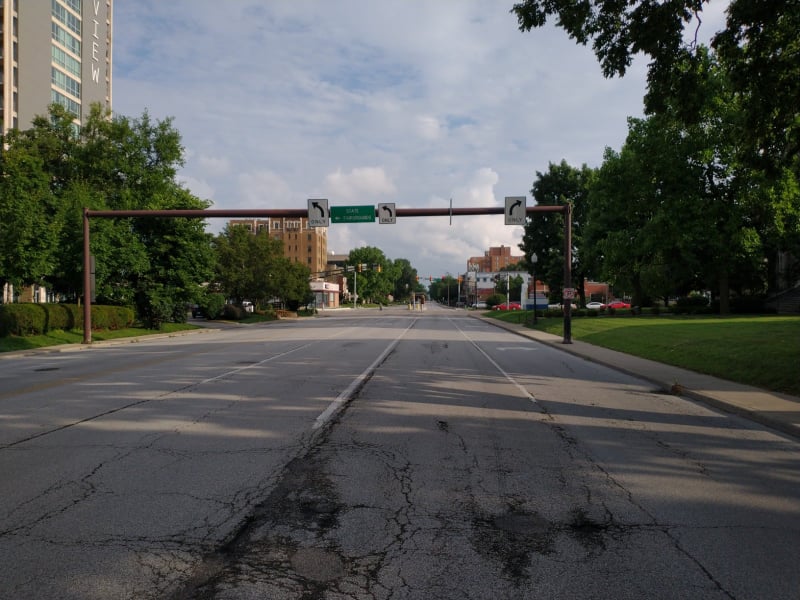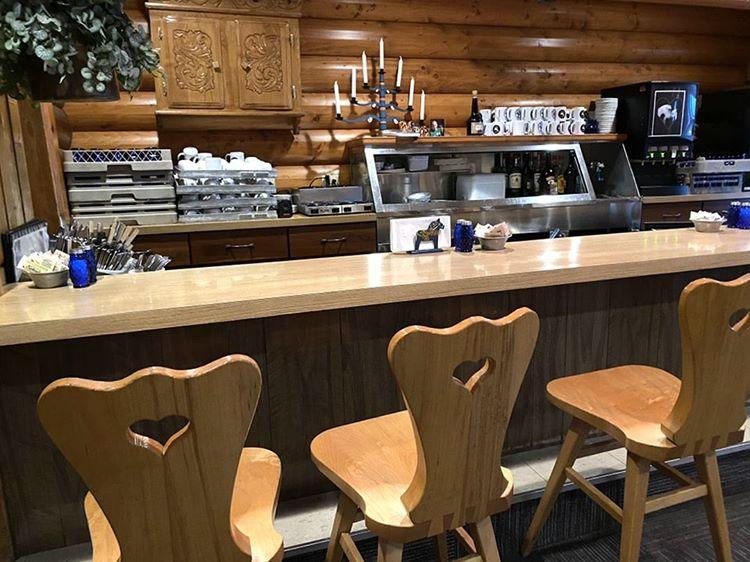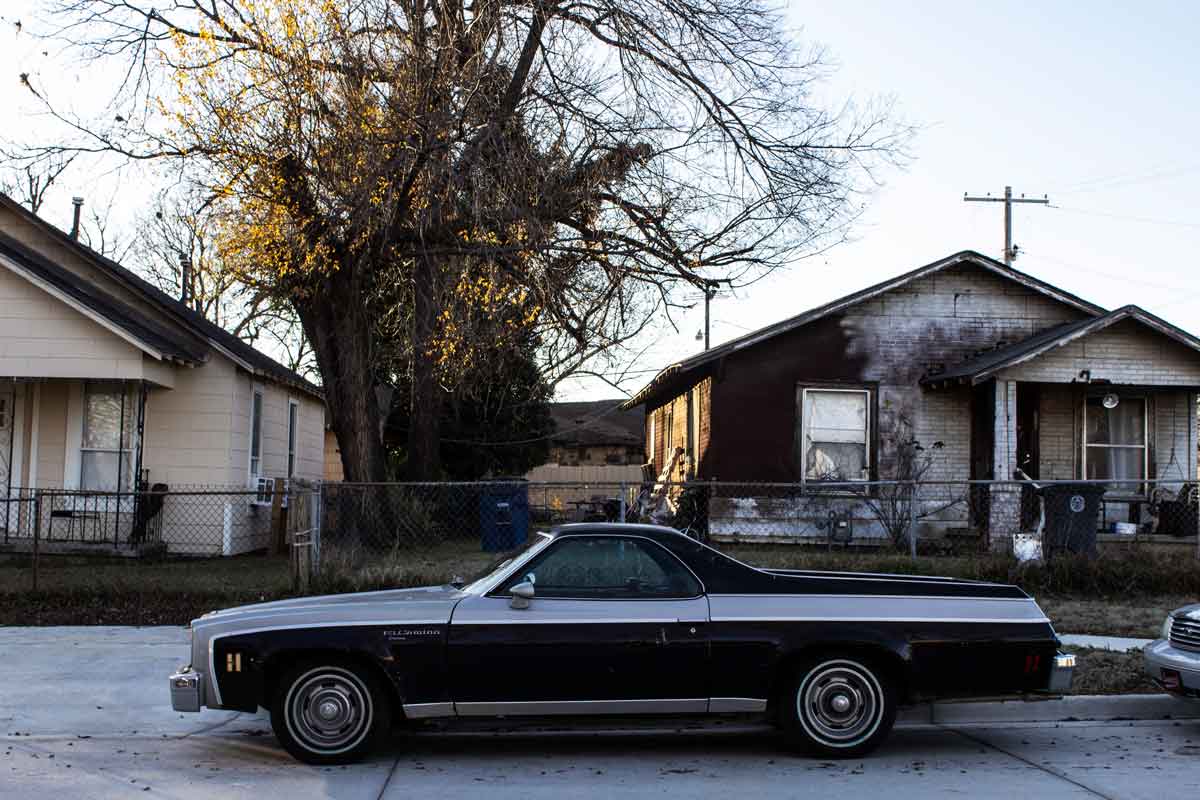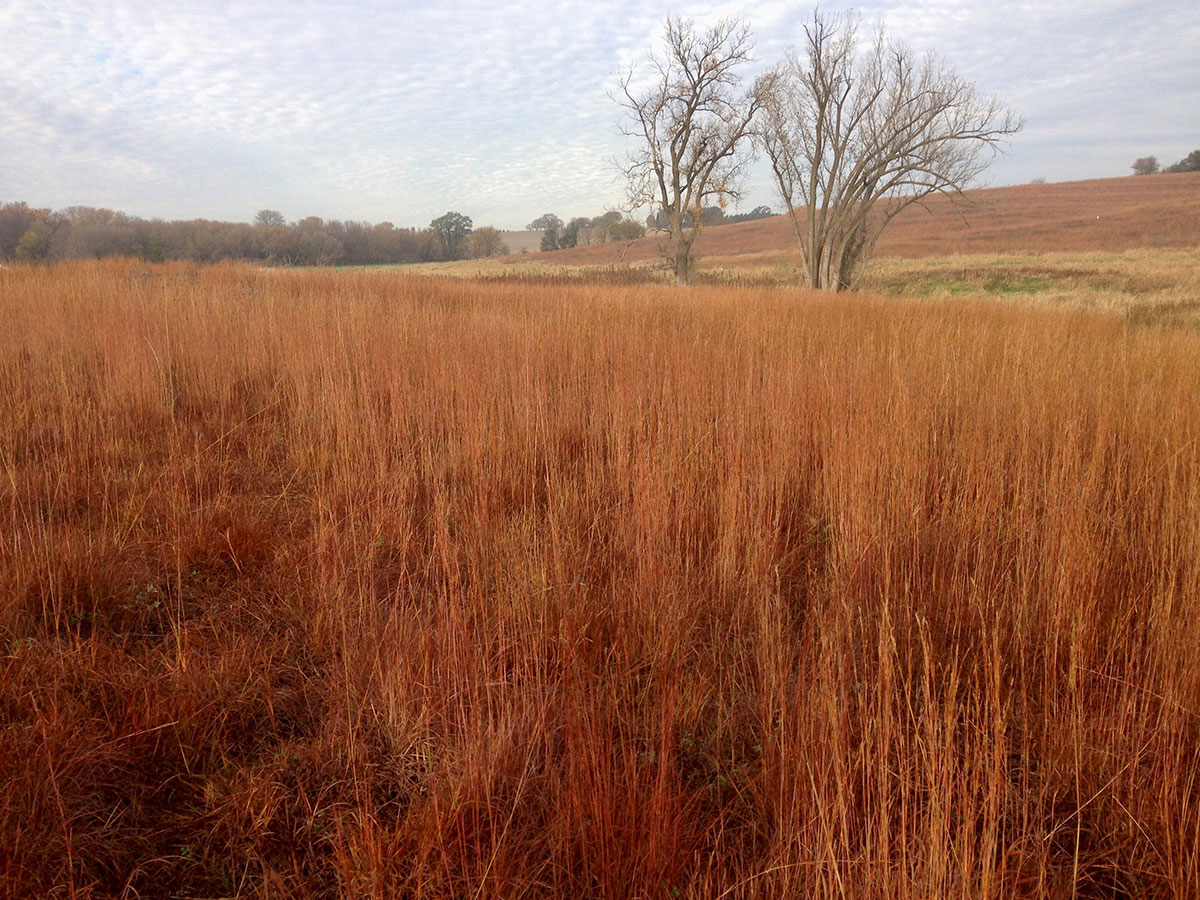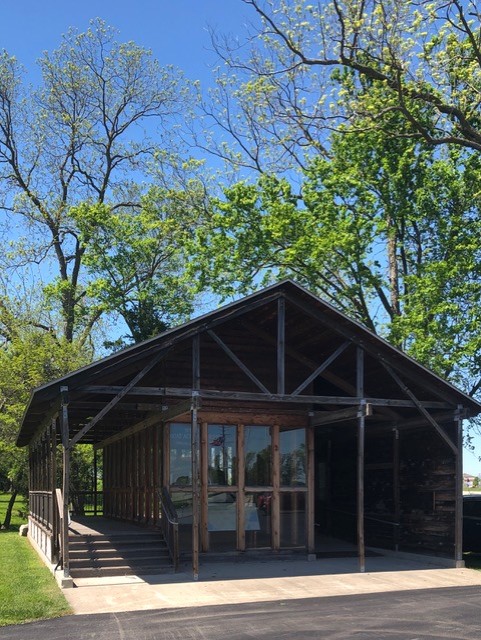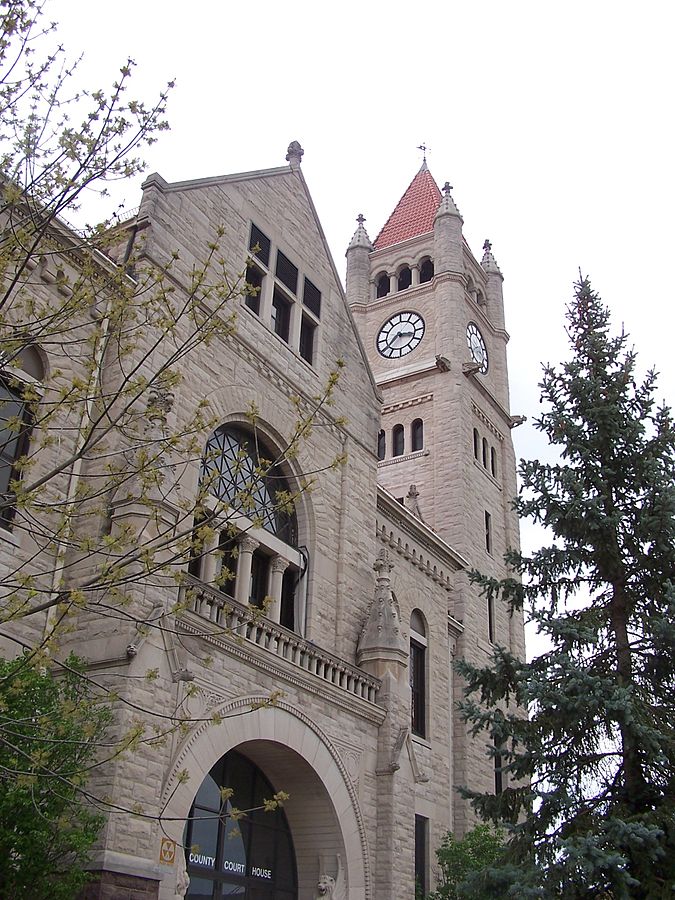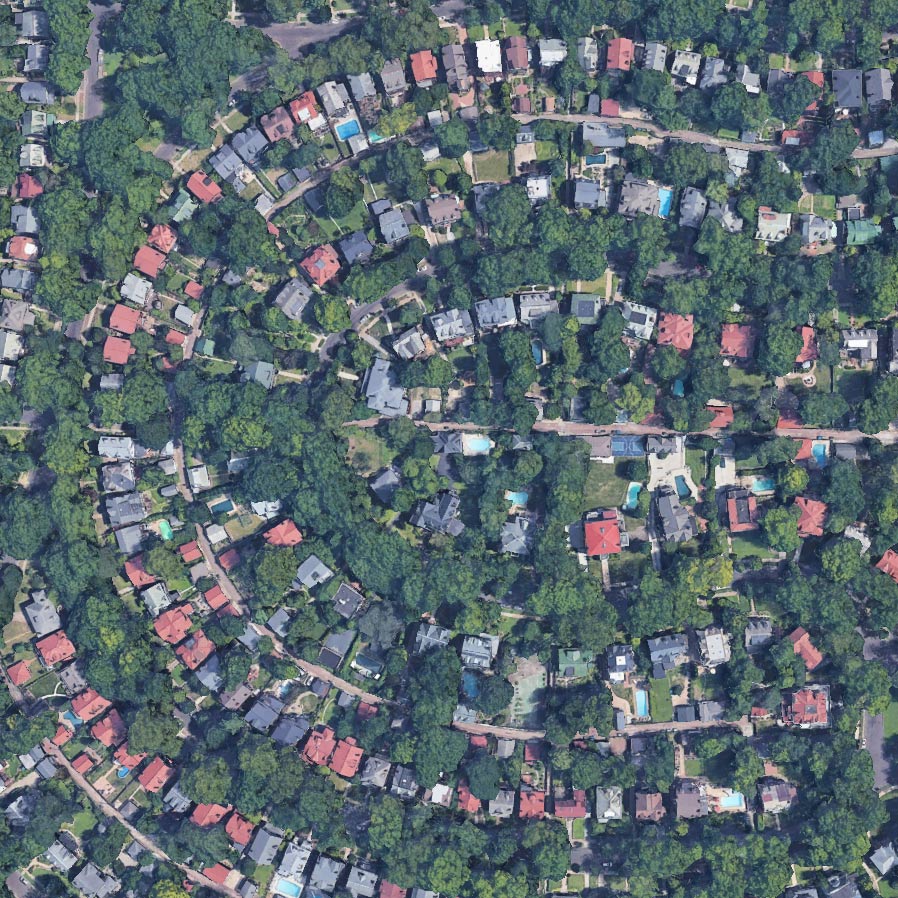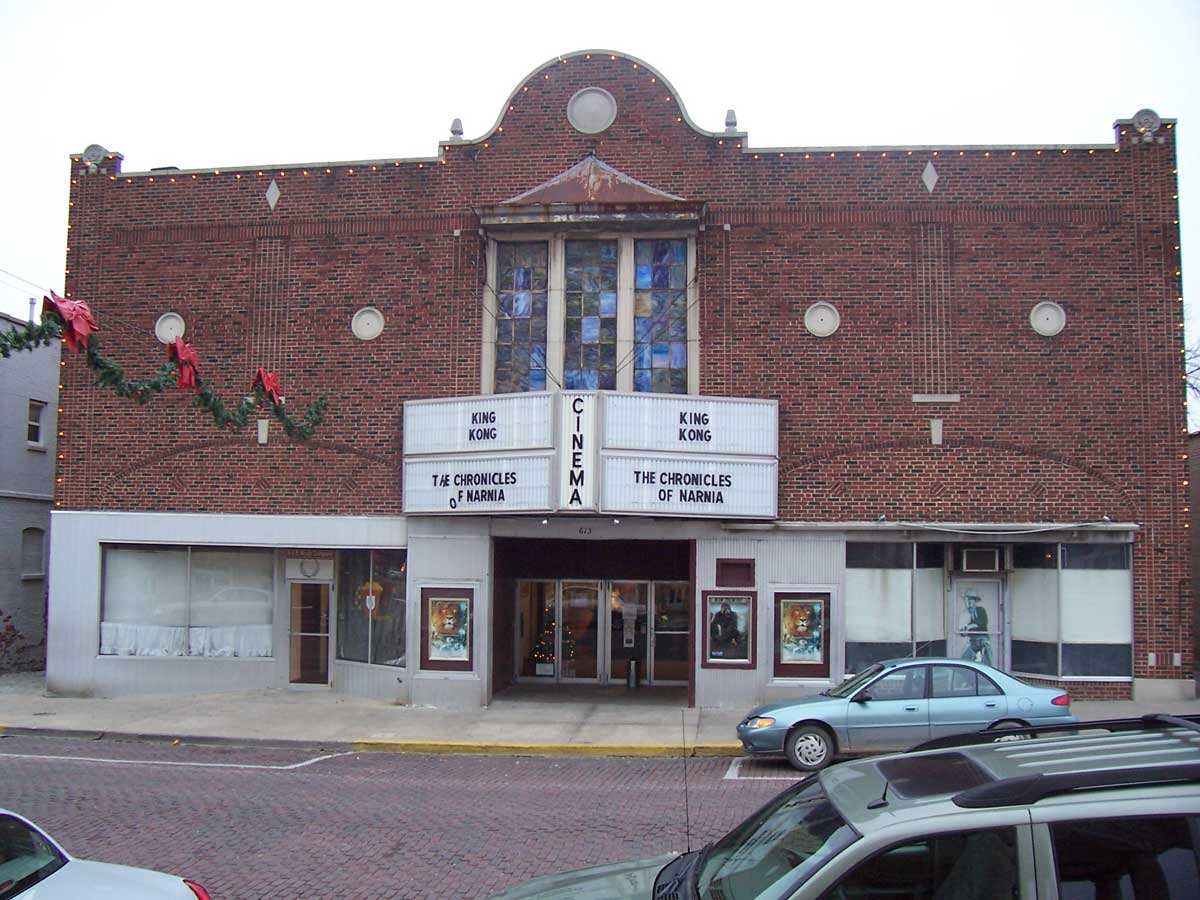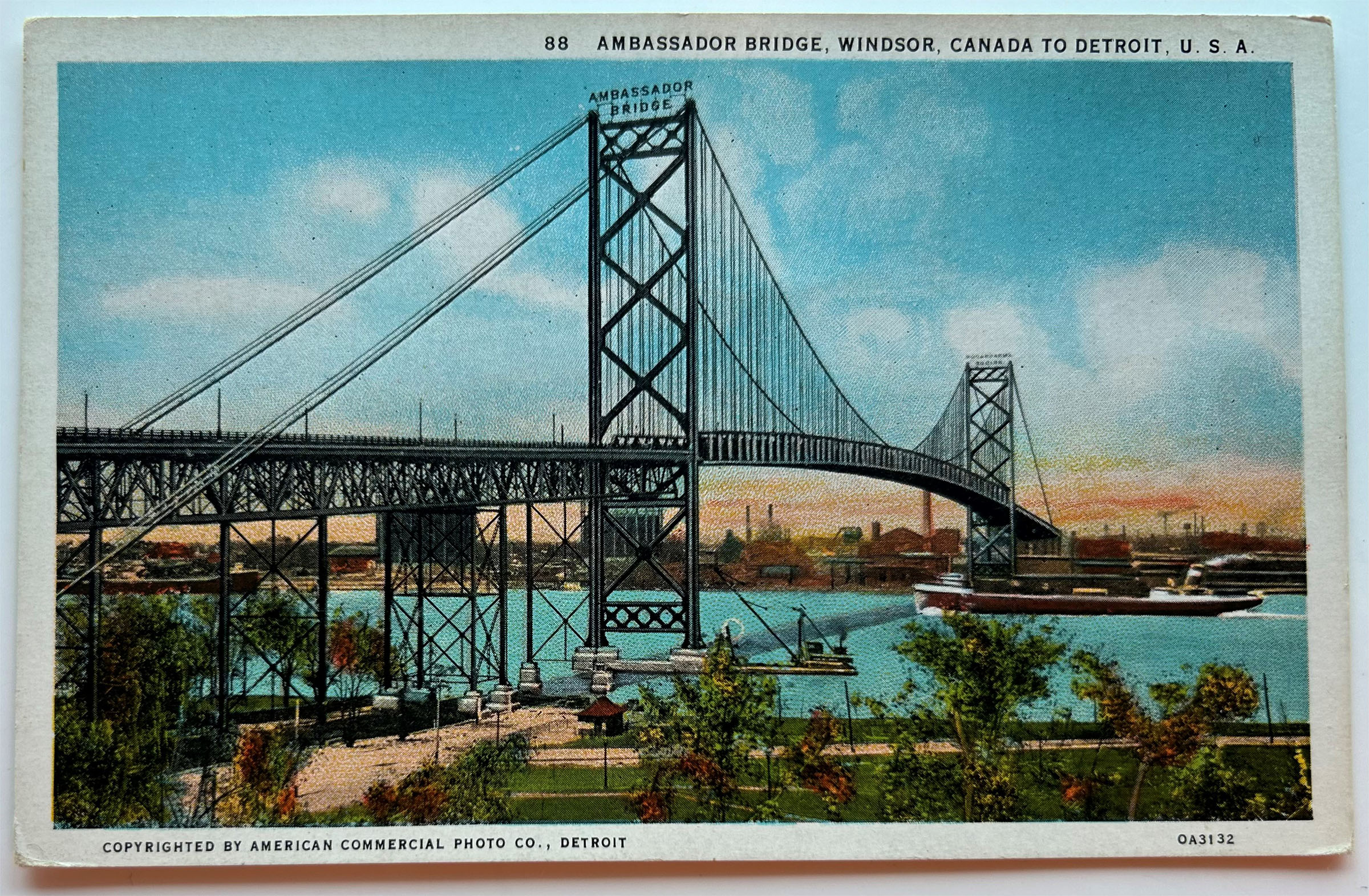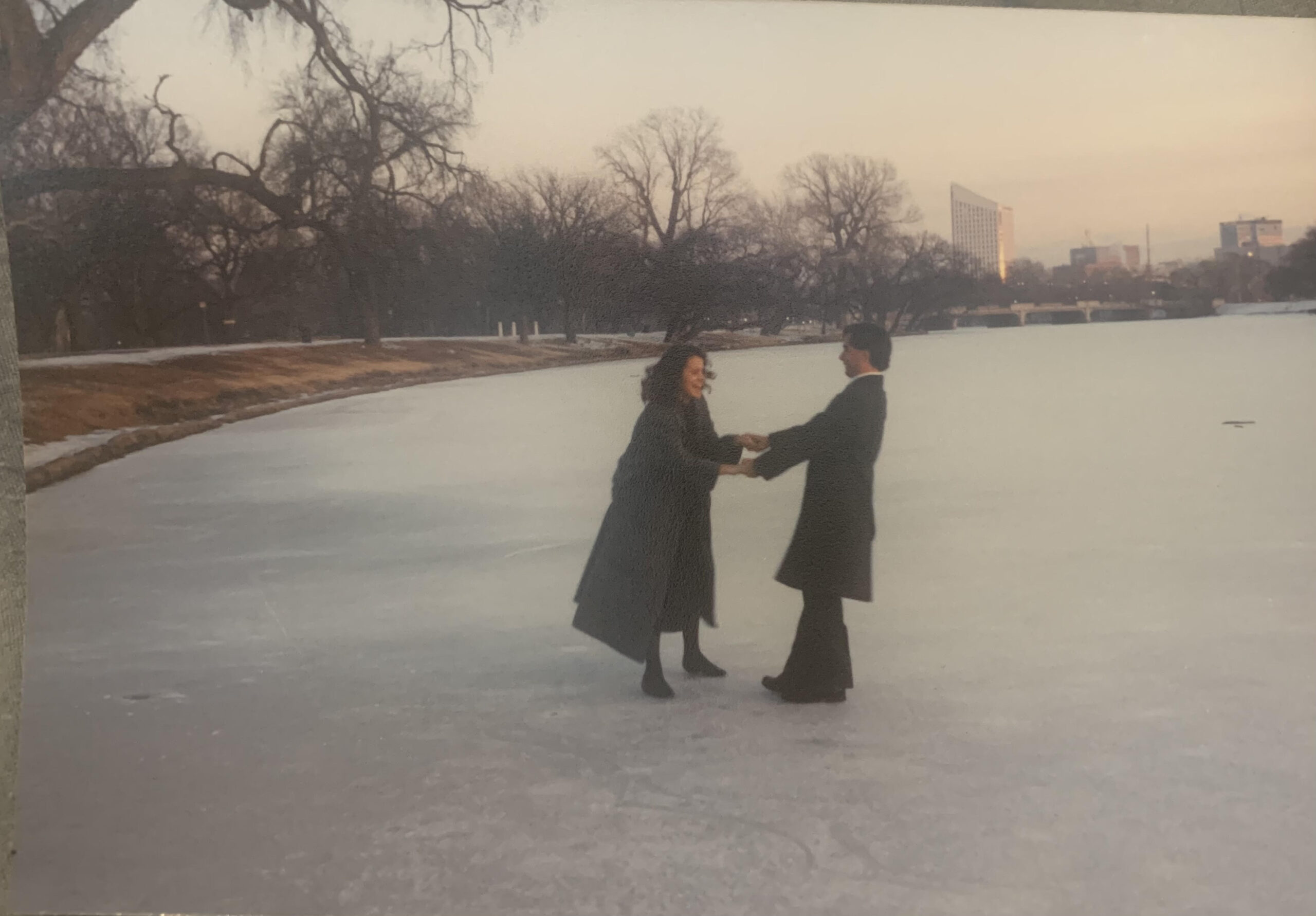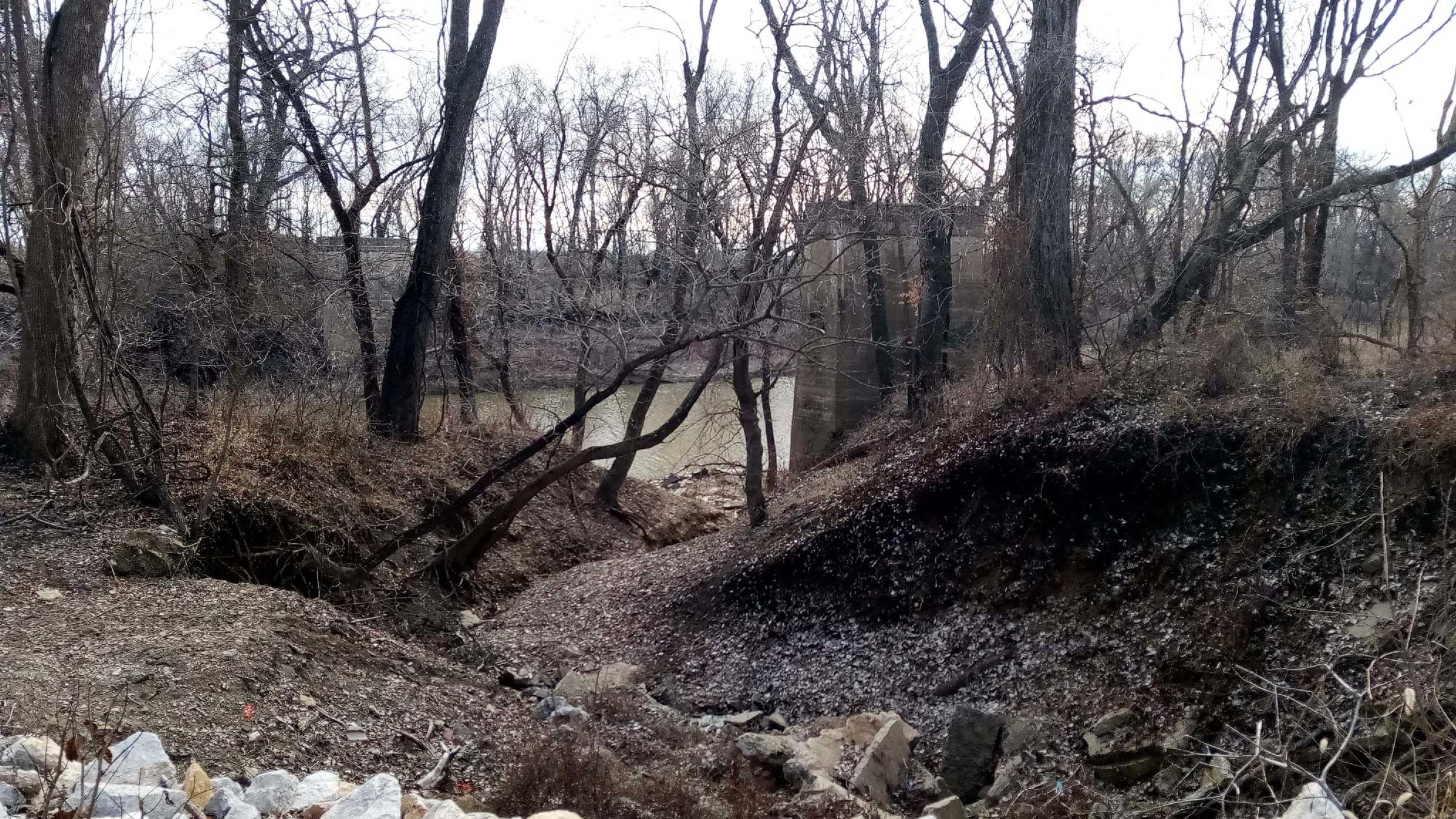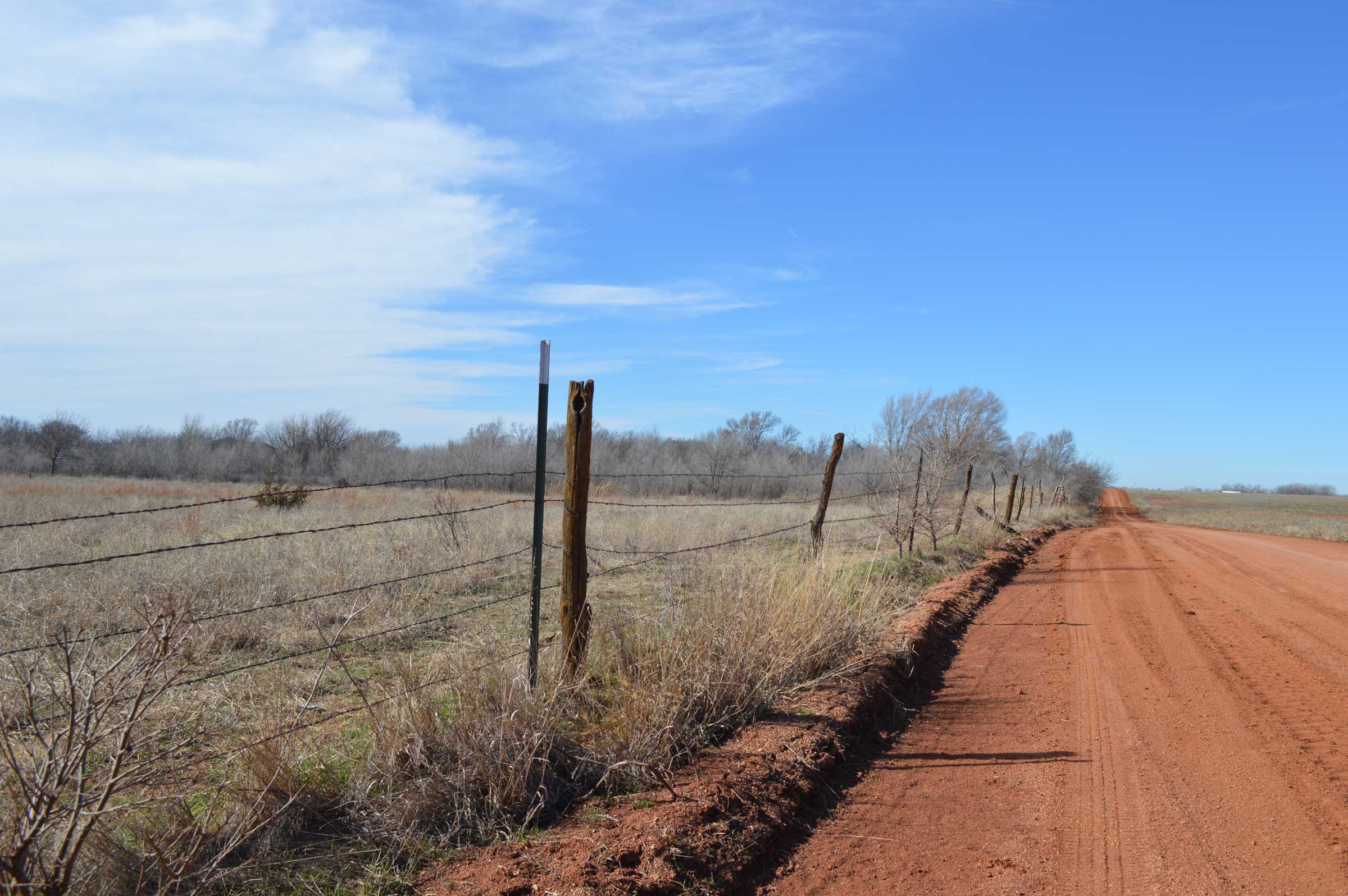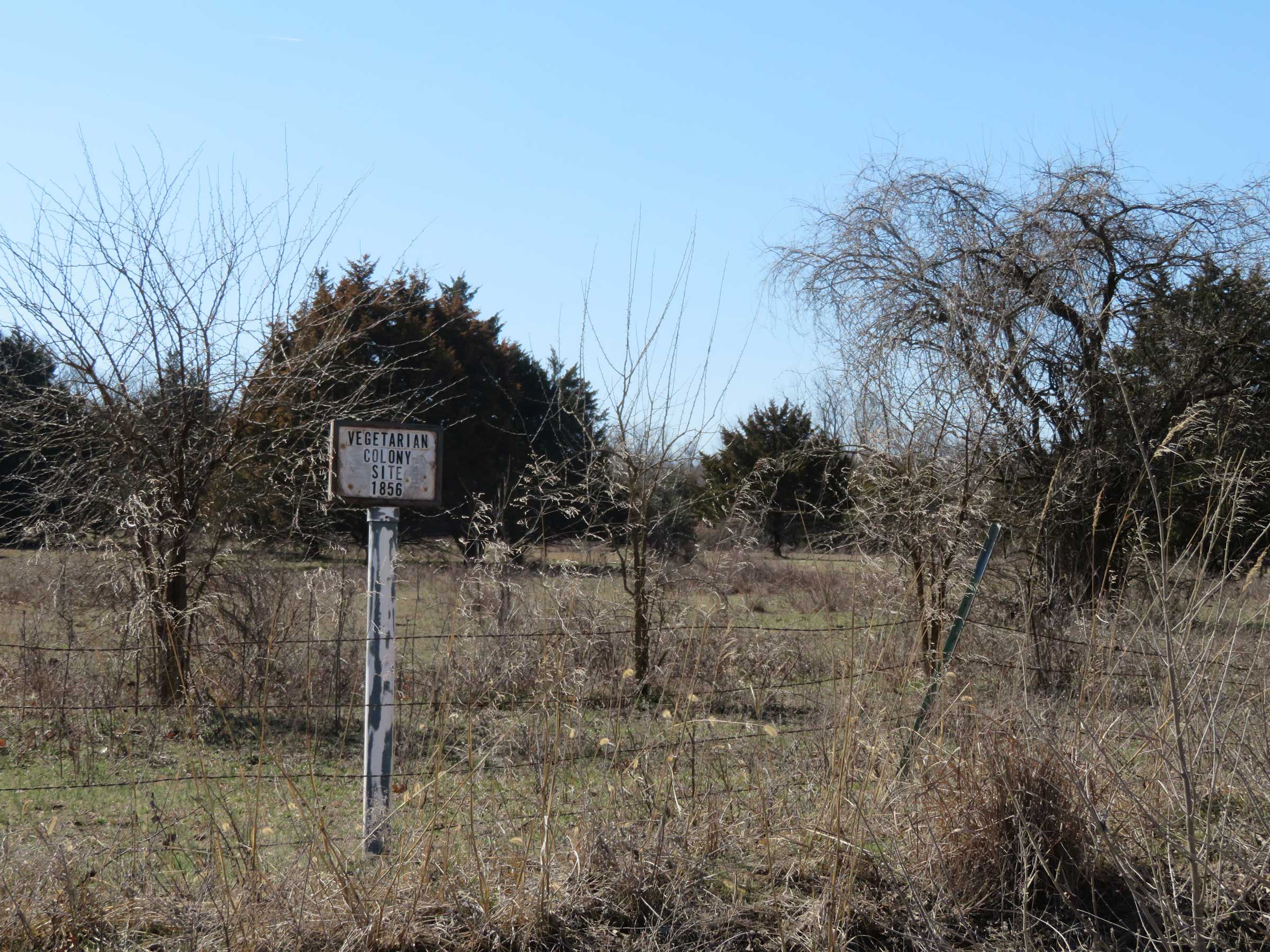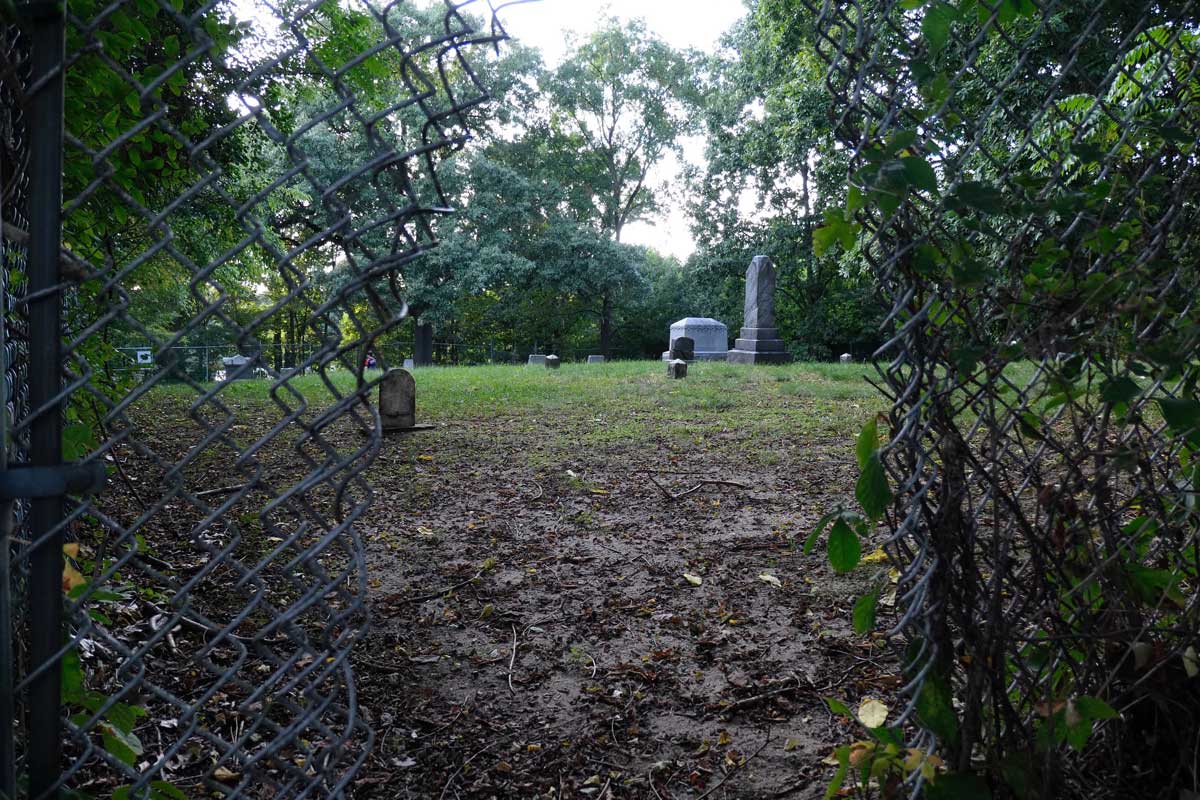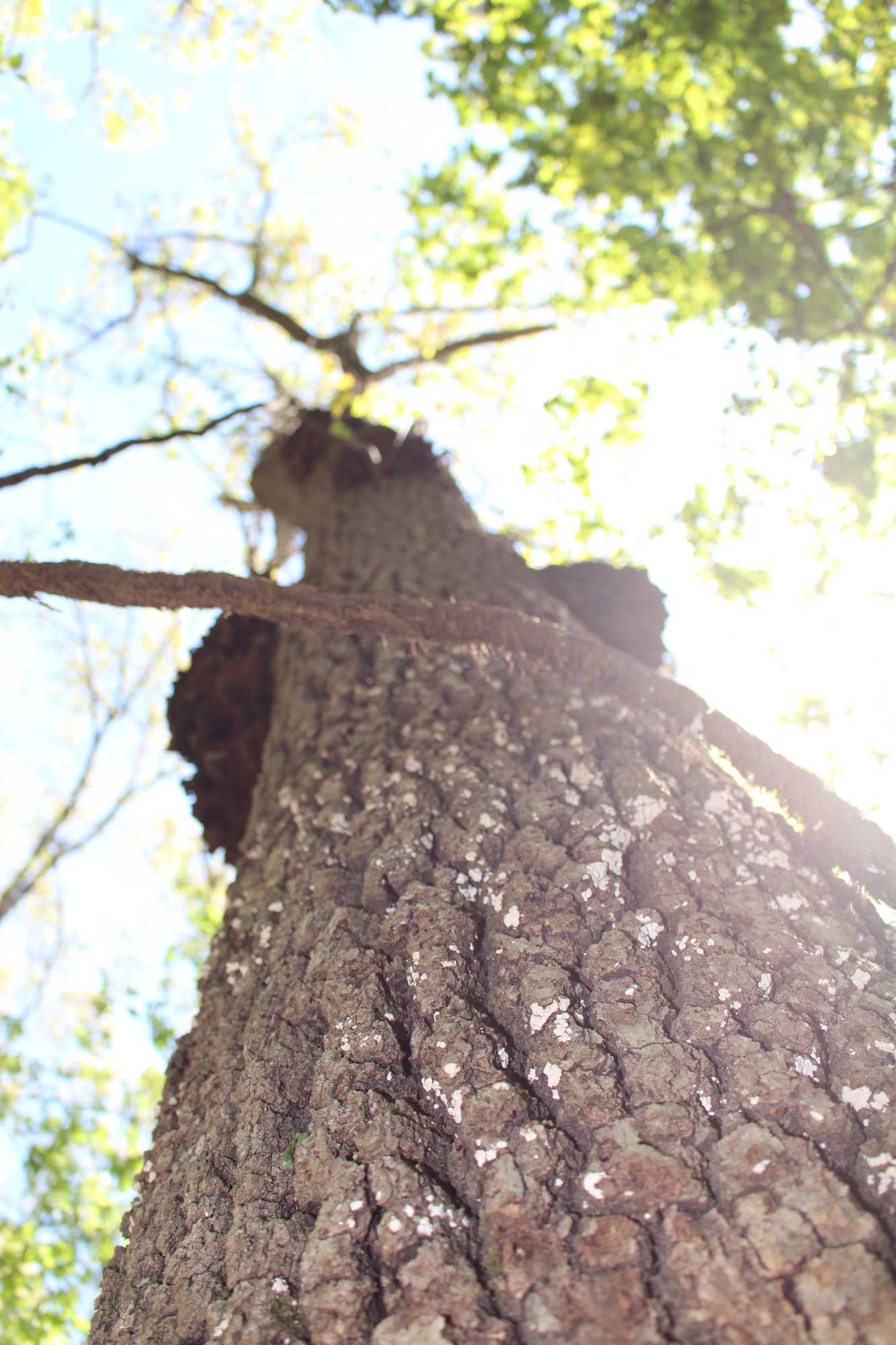Lisel Mueller
27240 N. Longwood Dr.
Forest Haven, Illinois
By Jenny Mueller
“Our trees are aspens, but people / mistake them for birches” — so begins Lisel Mueller’s “Another Version,” set in 1970s Midwestern suburbia. This proves to be a territory of error. After mistaking the aspens, which spread along the southern edge of the property where Lisel and Paul Mueller had lived nearly 20 years, their visitors romanticize the couple “as characters / in a Russian novel, Kitty and Levin / living contentedly in the country.” My parents surely matched Tolstoy’s Kitty and Levin in the strength and longevity of their marriage.
But not all happy families feel happy. Nor, by the end of the 70s, did we live in “country” anymore, even though the guests still think so, gazing out with pleasure on the scene.
Our friends from the city watch the birds
and rabbits feeding together
on top of the deep, white snow.
(We have Russian winters in Illinois,
but no sleigh bells, possums instead of wolves . . .
The city friends came from Chicago and its neighbor-city, Evanston. My parents had moved from Evanston in the late 1950s, buying one acre in Lake County, to Chicago’s north. There they built one of the first houses in “Forest Haven,” a tiny subdivision near the interstate. The house stood at the dead end of one of the subdivision’s five streets, in a northwest corner lot separated by barbed wire from a farm that bordered all of Forest Haven’s north end, as well as our portion of its west. In my childhood, in the 1960s, I gazed west through the wire at the edge of the backyard, looking past the small cattle herd that grazed in the sunset, toward the dark line of woods where the pasture ended and my sight ran out. Past that lay the railroad, another small new subdivision, and the Des Plaines River. Contrails burned their courses over me, arrowing back and forth from O’Hare — newly opened to passenger traffic, half an hour down the interstate.
In those early days, it was almost country around the house where Lisel Mueller’s poems were born. She came to this writing late in life — already 41 when her first book was published in 1965. By 1997, when her selected poems won the Pulitzer, she had nearly stopped writing. Glaucoma diminished her ability to read, and she could no longer drive. One day she found my father at the kitchen table, trying and failing to write his own name. He was losing his language to Lewy-Body Disease. She sold the house and moved them to a complex in Chicago, five minutes’ walk from both groceries and my father’s nursing unit. She never wrote another book of poetry.
In “Another Version,” we seem to be at the comfortable end of the 70s American lyric, with its quiet voice, personal sorrows, nature ready-to-hand for muted unities. While the city-slickers admire the peaceable kingdom outside a contented country home, an old man is dying inside. “He is my father,” Mueller writes,
he lets go of life in such slow motion,
year after year, that the grief
is stuck inside me, a poisoned apple
that won’t go up or down.
But “like the three sisters” in Chekhov’s play, “we rarely speak / of what keeps us awake at night.”
like them, we complain about things
that don’t really matter and talk
of our pleasures and of the future:
we tell each other the willows
are early this year, hazy with green.
“Another Version” begins with the visitors’ error and ends with their hosts’ secrecy. The misunderstandings pile up like northern Illinois snow. Russian allusions mask a German story. The old man was Fritz Neumann, who first arrived in Illinois as a political refugee. As a child in Nazi Germany, Lisel was forced to keep quiet about her father, whose known leftism had marked him as an enemy, someone against whom her schoolmates and neighbors should inform. Neumann, too, kept quiet when at home, but often he was far away. For much of the 1930s he took ill-paying temporary teaching work in France and Italy, while his wife raised two daughters alone in Hamburg. In 1937, luck landed him a scholarship to study at a teacher’s college near Evanston. His wife and children joined him in the US in 1939, ending the years in which Lisel clamped her lips tight to suppress her fears — the child’s terror that her parents might disappear, made very real by her father’s two arrests. Now Lisel became a Midwesterner. She lived all her adult life in Indiana and Illinois. She wrote often of her own luck. But she never lost her night fears, and when an interviewer asked if she considered the Midwest home, she dodged the question, answering, “Let me say what countless other displaced persons must have said: I am more at home here than anywhere.”
Her father remained on the move: from teaching job to teaching job in America, then returning to his native Hamburg after the death of his wife in the 1950s. Remarried unhappily, he kept traveling, steamshipping across the Atlantic for long US visits. One night in the 1970s, he touched down at O’Hare and never left. A stroke had stricken him with aphasia. He retained, however, a teacher’s memory for history: treaties, battles, empires, republics.
But how many people understood that there were non-Jewish German political refugees? In my experience, the old man who came to die with us represented little-known history that always puzzles Americans, even now. My mother sometimes invoked a more famous poet, Brecht, as a short-hand. In poems about her parents, she borrowed Brecht’s description of European exiles “changing countries more often than shoes,” and she quoted Brecht’s sorrow at talk of small pleasures in terrible times, his despair that a casual “talk about trees is almost a crime / since it means being silent about so much evil.”
Undoubtedly, Lisel Mueller talked about trees: aspens and willows, the great maple that still stands at an edge of the front yard — if I can trust the internet. But I can’t, of course, since the house is currently listed on Zillow as “uninhabitable.” On my laptop, I can see that the windows are boarded in the upstairs room that became my mother’s study, from which we saw the long views north and west. In that study, she wrote the books for which she won awards, poems that were popularized on the radio by the era’s voice of the Midwest, Garrison Keillor. The Poetry Foundation praises her work “for its attentiveness to quiet moments of domestic drama, and its ability to speak to the experiences of family and semi-rural life.” Happy families in suburban nature, quietly sad, the great luck of a long, loving marriage. But she also wrote, almost always, of displaced persons, and in a journal she commented, “My preoccupation with history marks me as outside the mainstream of American poetry. No matter how long I’ve lived and written here, that has not changed and will not change.”
In “Another Version,” when the daughter can’t speak of her father, whose life was determined by history, she talks about trees instead. Her poem makes the pain of such evasion its point.
Suburbia is full of oscillations, migrations. My father, who worked in the city, drove back and forth for years on ever more crowded roads. As the subdivisions multiplied along them, our yard filled up with deer, displaced from the cleared woods. My mother likened them to “refugees,” “risking death on the road / to reach us, their dispossessors.” My sister and I moved to Chicago — which made us the city visitors gazing out on the aspens, itching to return to urban streets. There, we were sure, our authentic lives waited.
But some things never change. In 2020, reviewing an anthology of poems responding to the pandemic, the New York Times took furious aim against its “tepid” contents’ resort to natural imagery. There were too many poems “about flowers. Or birds. Or trees.” The New Yorker’s founding editor, Harold Ross, had been “wise to rage against tree poems,” the critic complained. And perhaps the book really was tepid. But what an astonishing charge! As if we could still see no urgency in trees. As if we still believed that trees crowded out our witness of history, not the other way around. As if we hadn’t all learned to pronounce a new urbane word, Anthropocene, to slip inside our poems. As if grief, the poisoned apple in my throat, were only for childhood and not for aspens, “country,” snow.
Jenny Mueller lives in St. Louis. She is the author of two books of poetry, State Park and Bonneville, both published by Denver’s Elixir Press. She is also the editor of Moonie, a posthumous e-book of poetry by Brian Young, published by Fence Digital. She is the younger daughter and literary executor of Lisel Mueller. Unlike her mother, Jenny has been able to do years of coursework in creative writing, a privilege she tries to pass on to her students at McKendree University in Lebanon, Illinois.
Photo by Marianne Connell.
To read “Another Version” in its entirety, please visit the website of the Poet Laureate of the State of Illinois, where Lisel Mueller is a featured poet.

